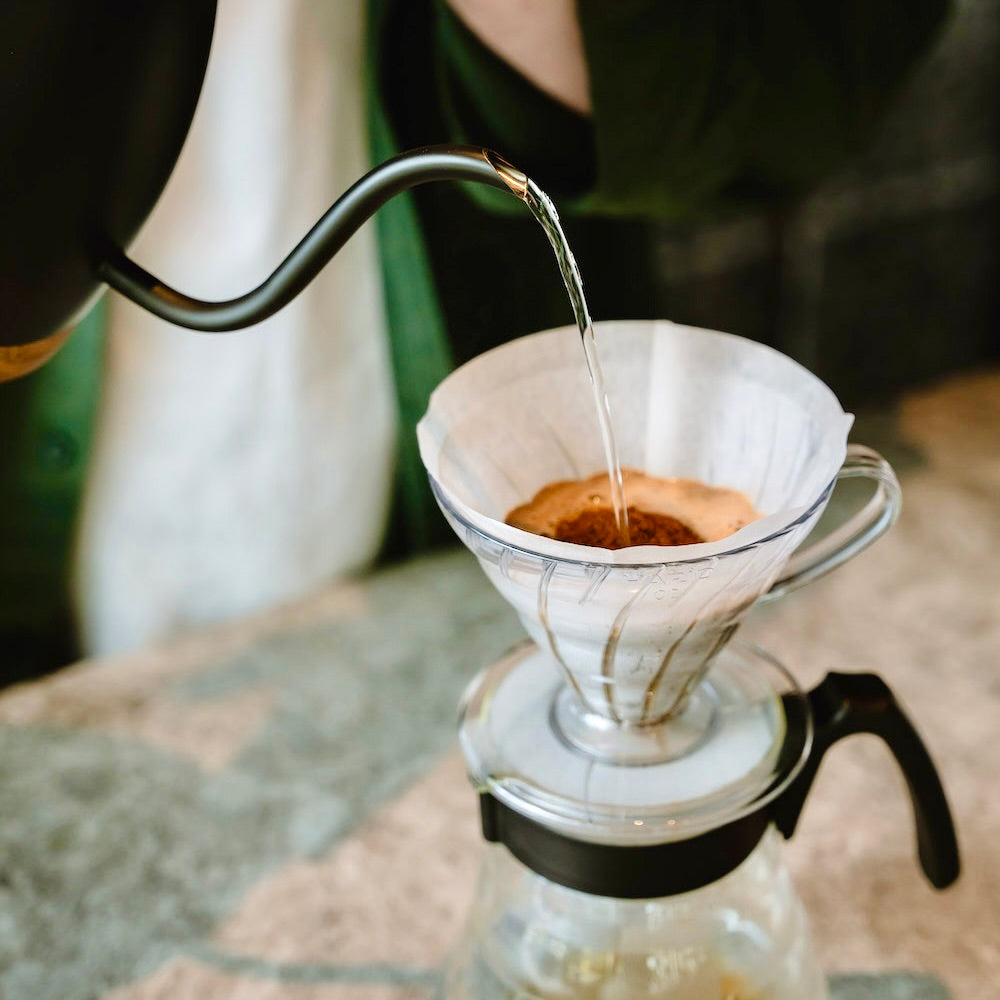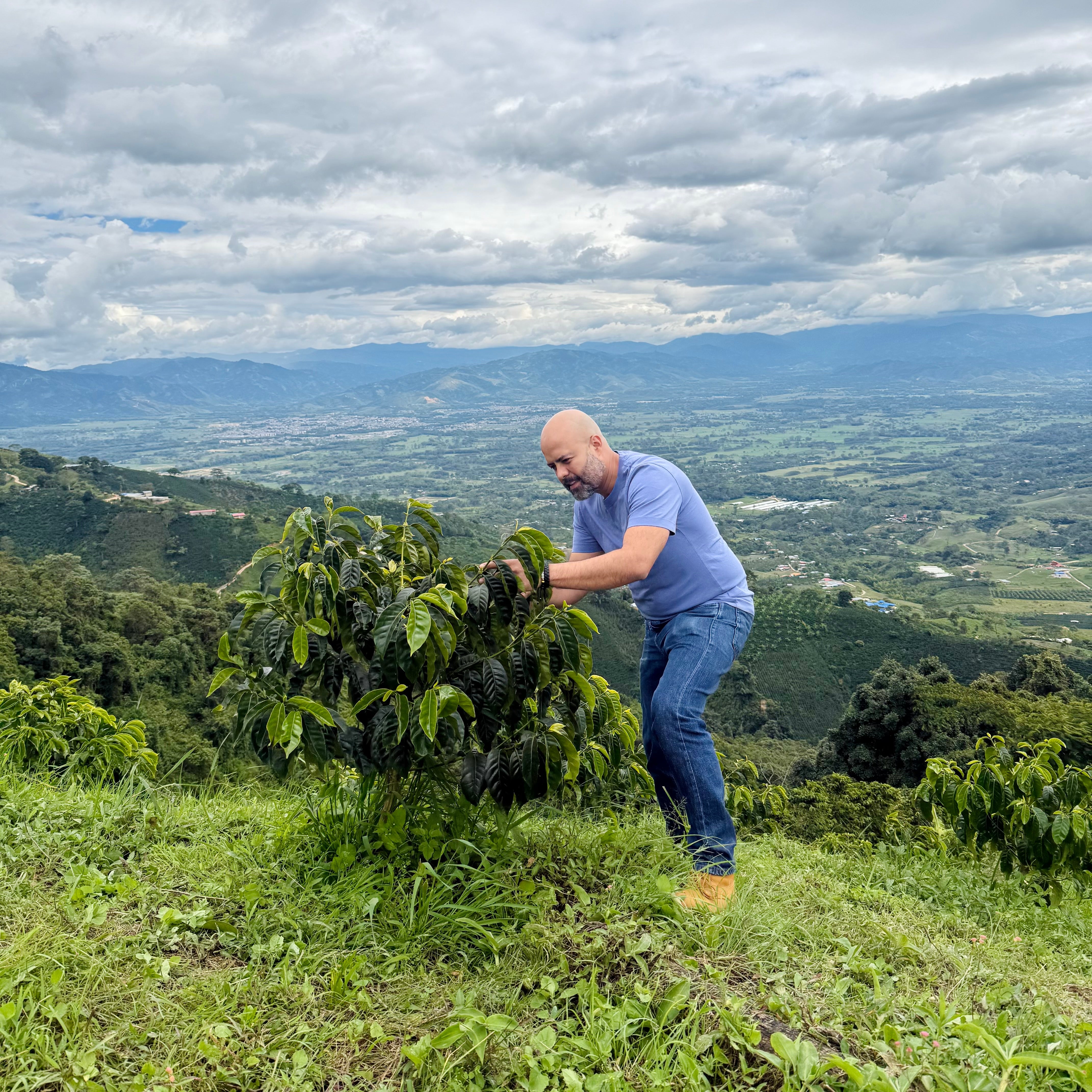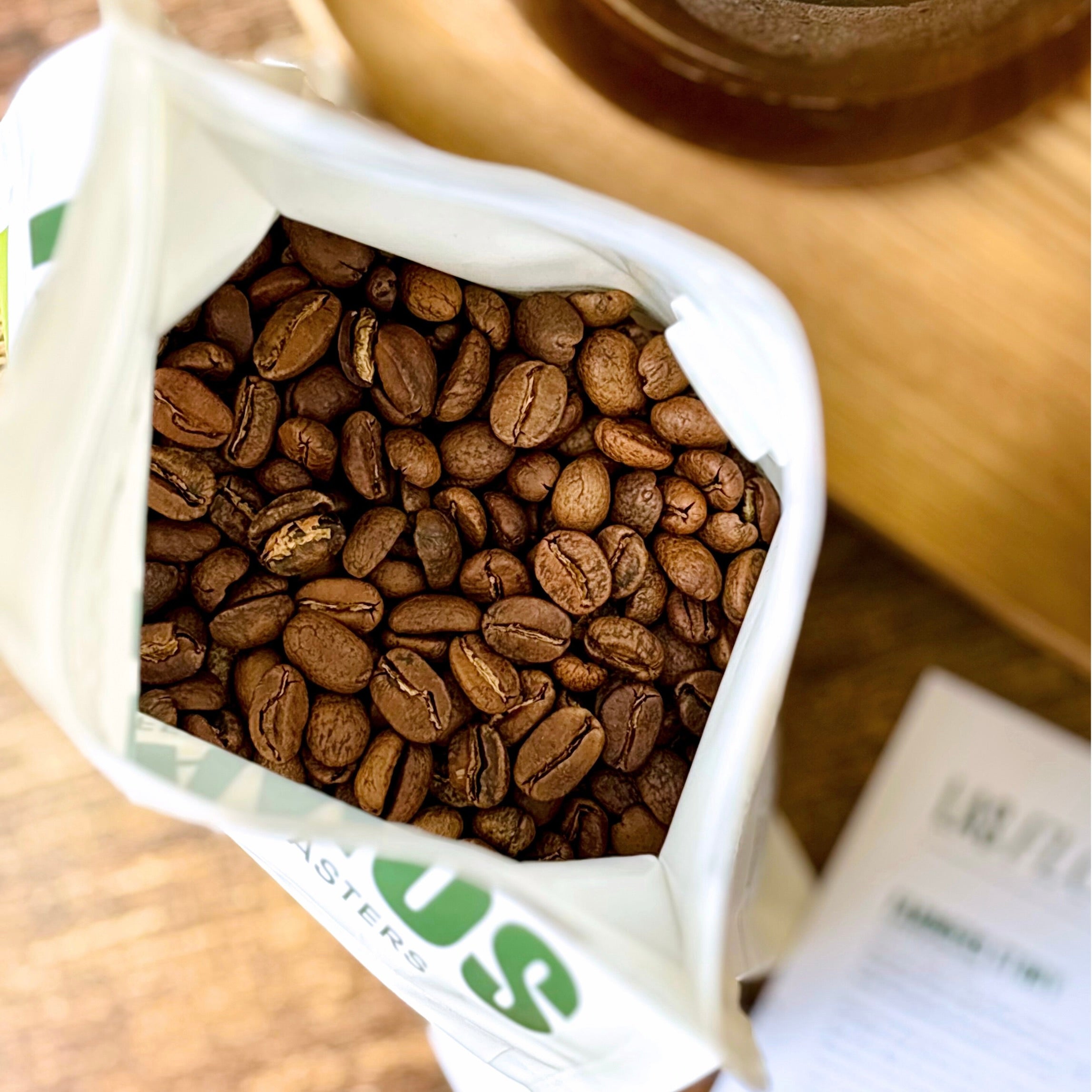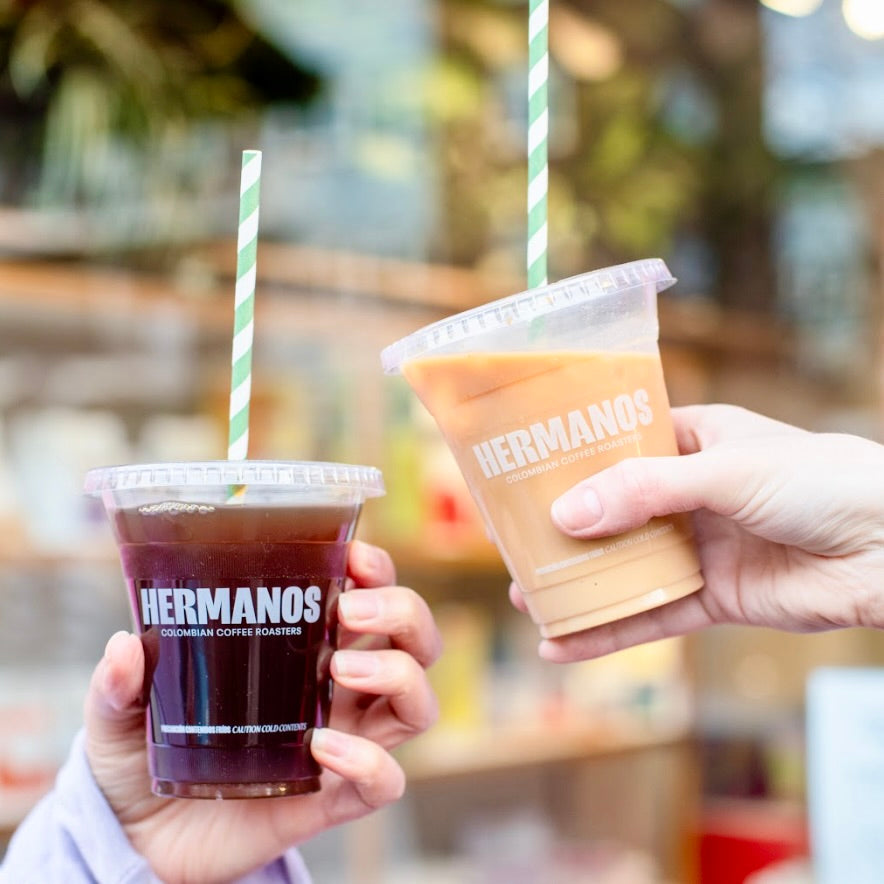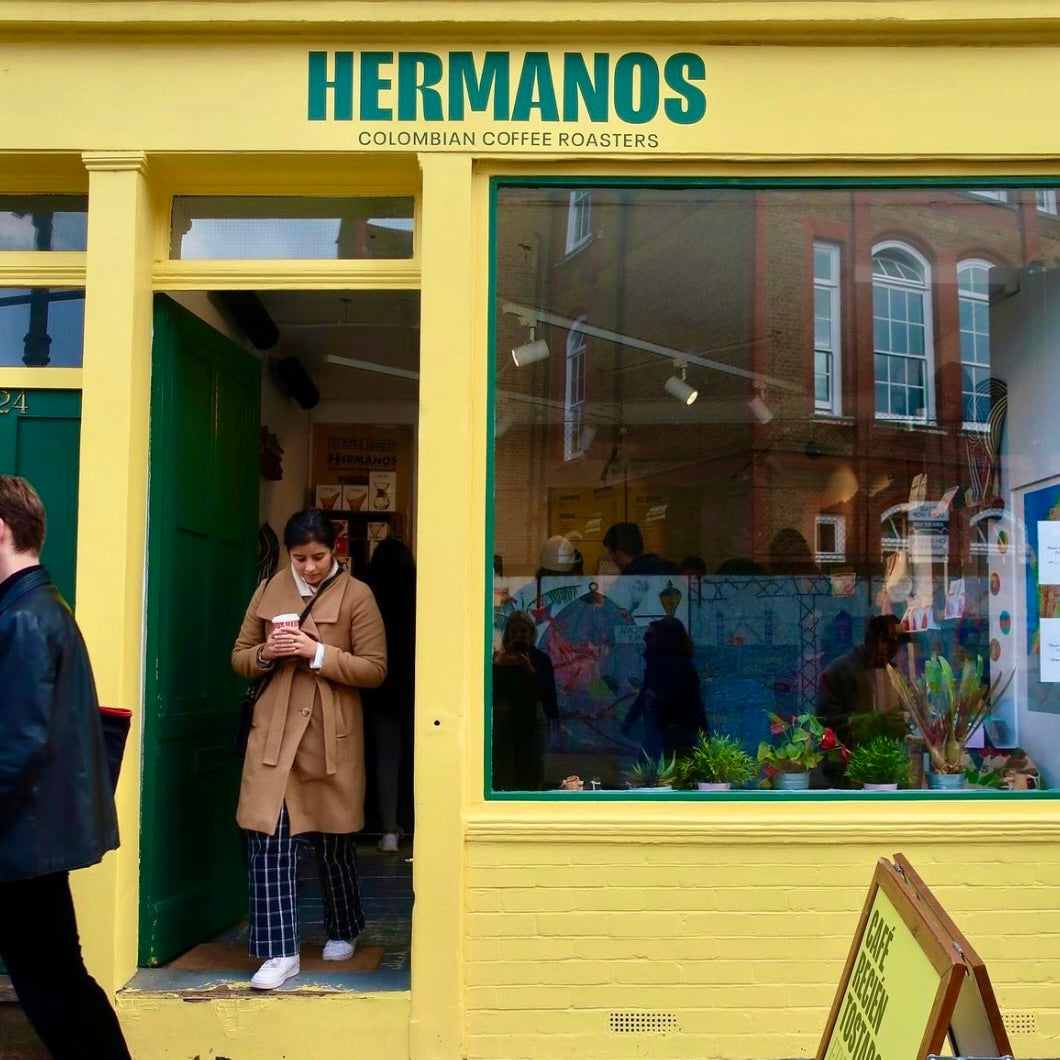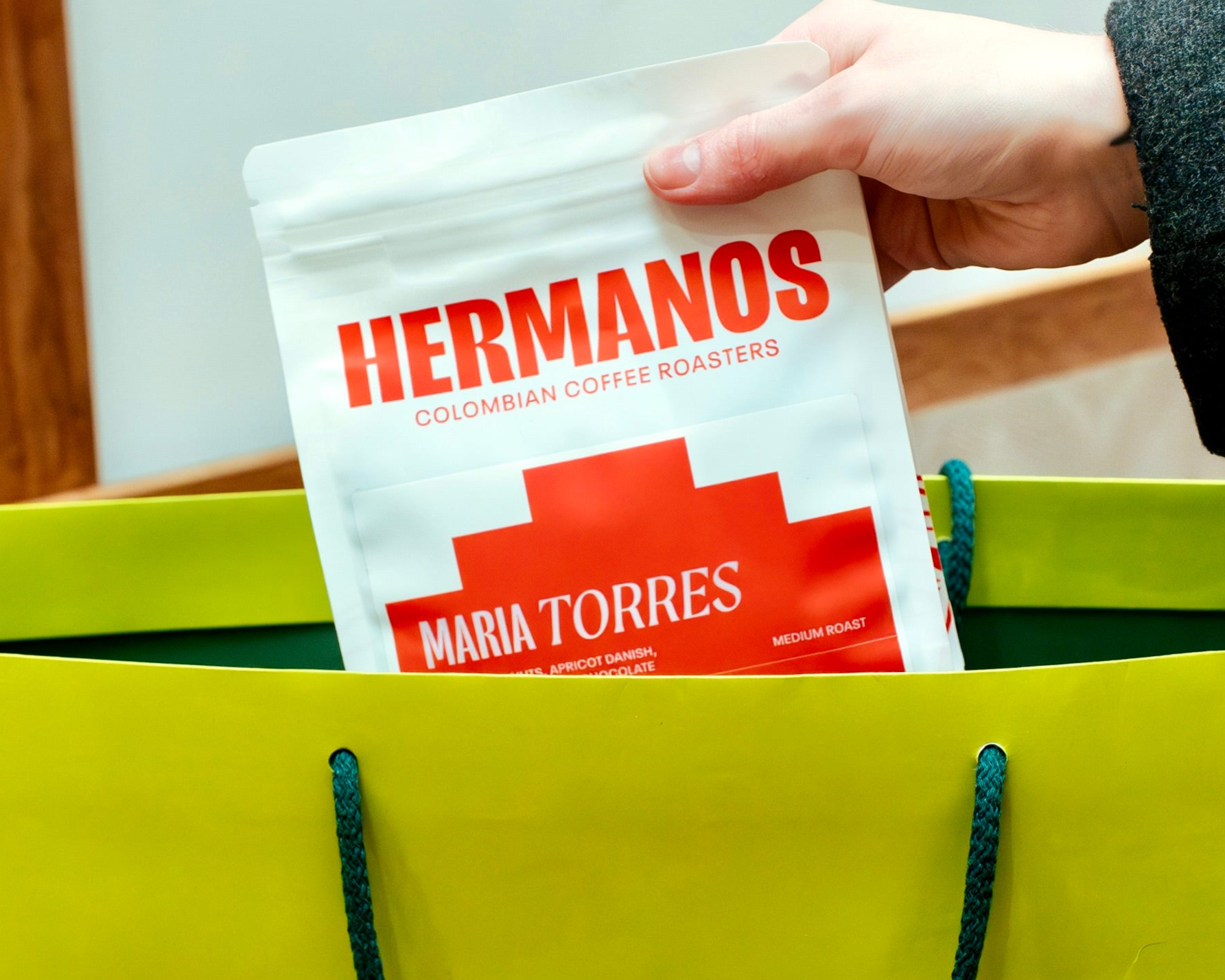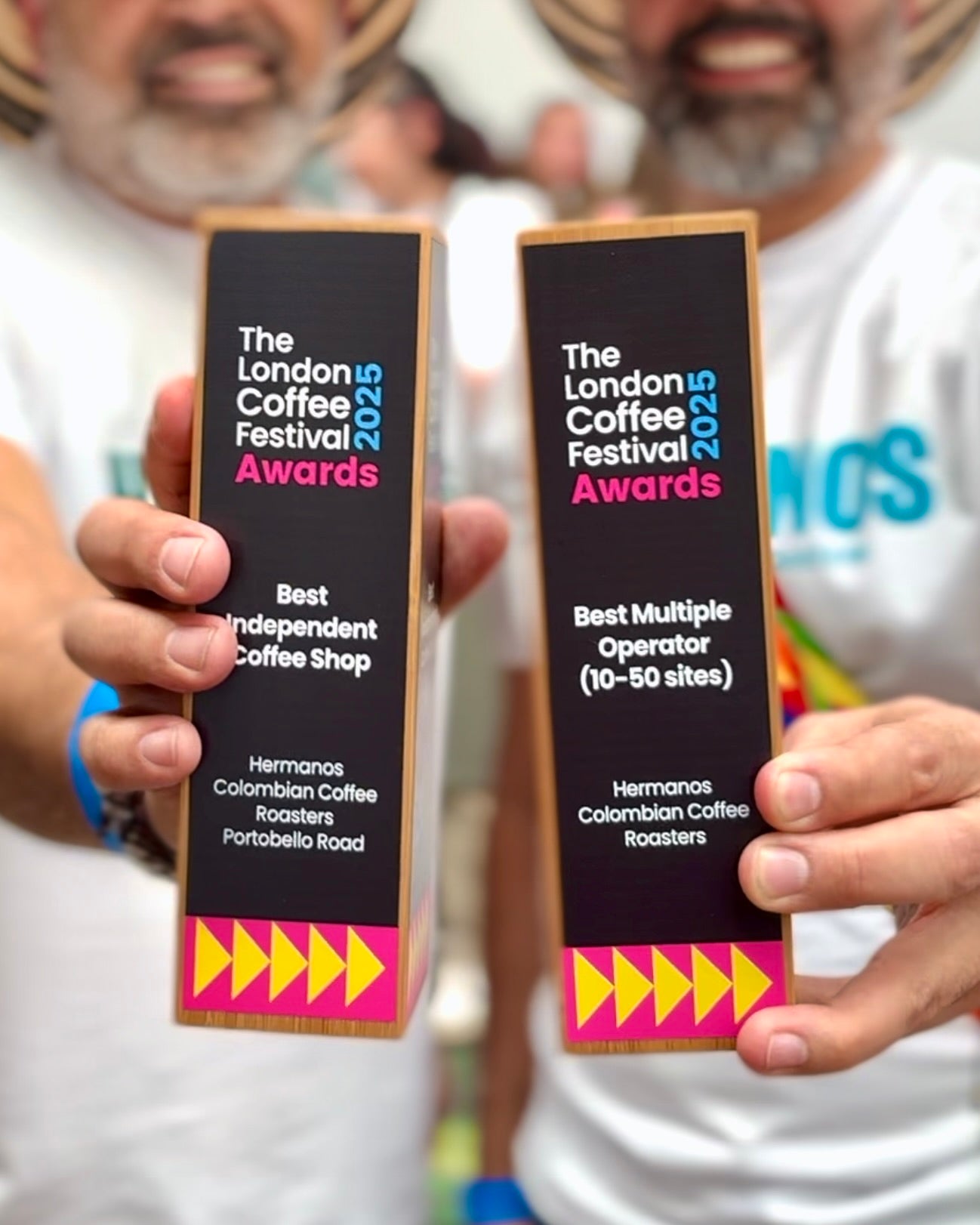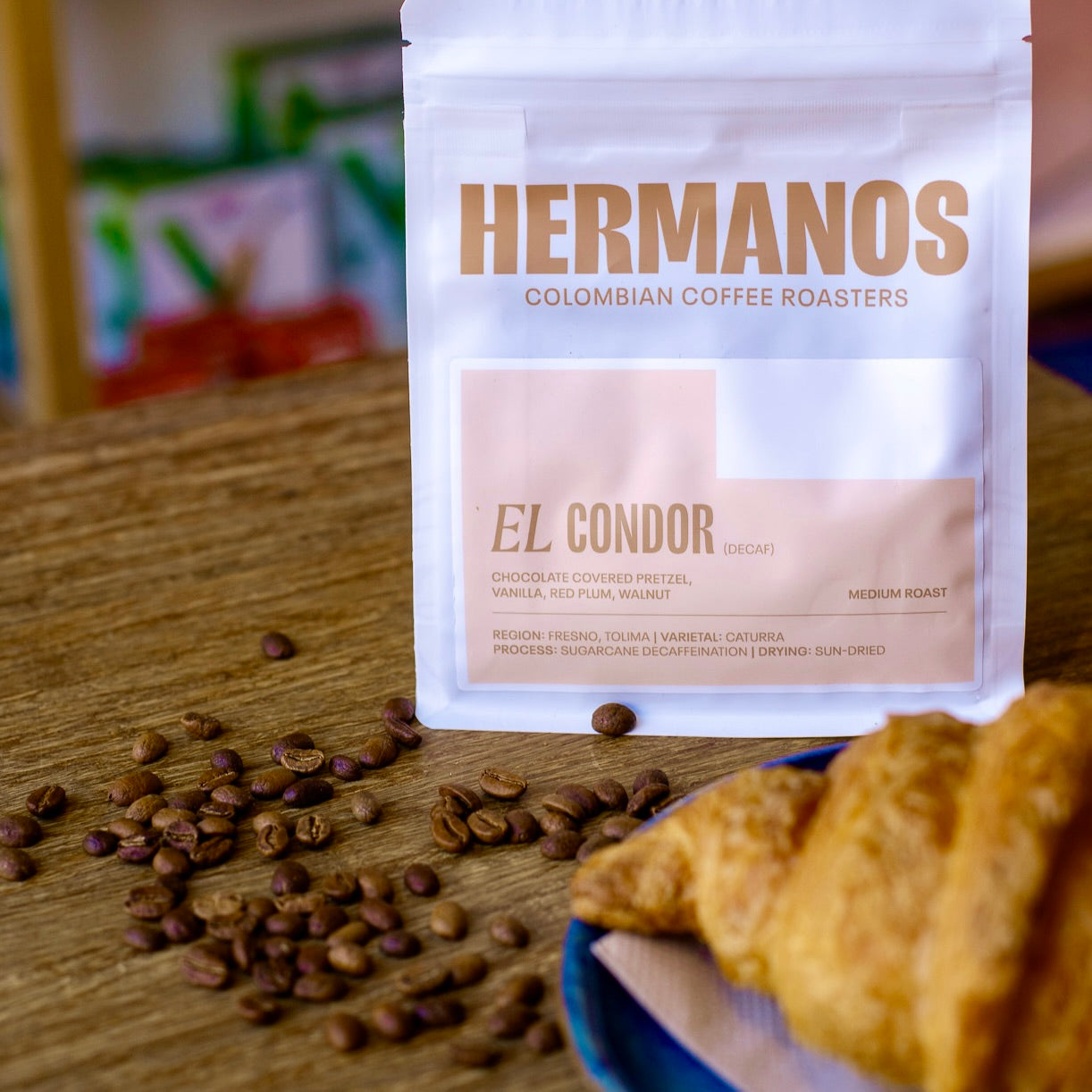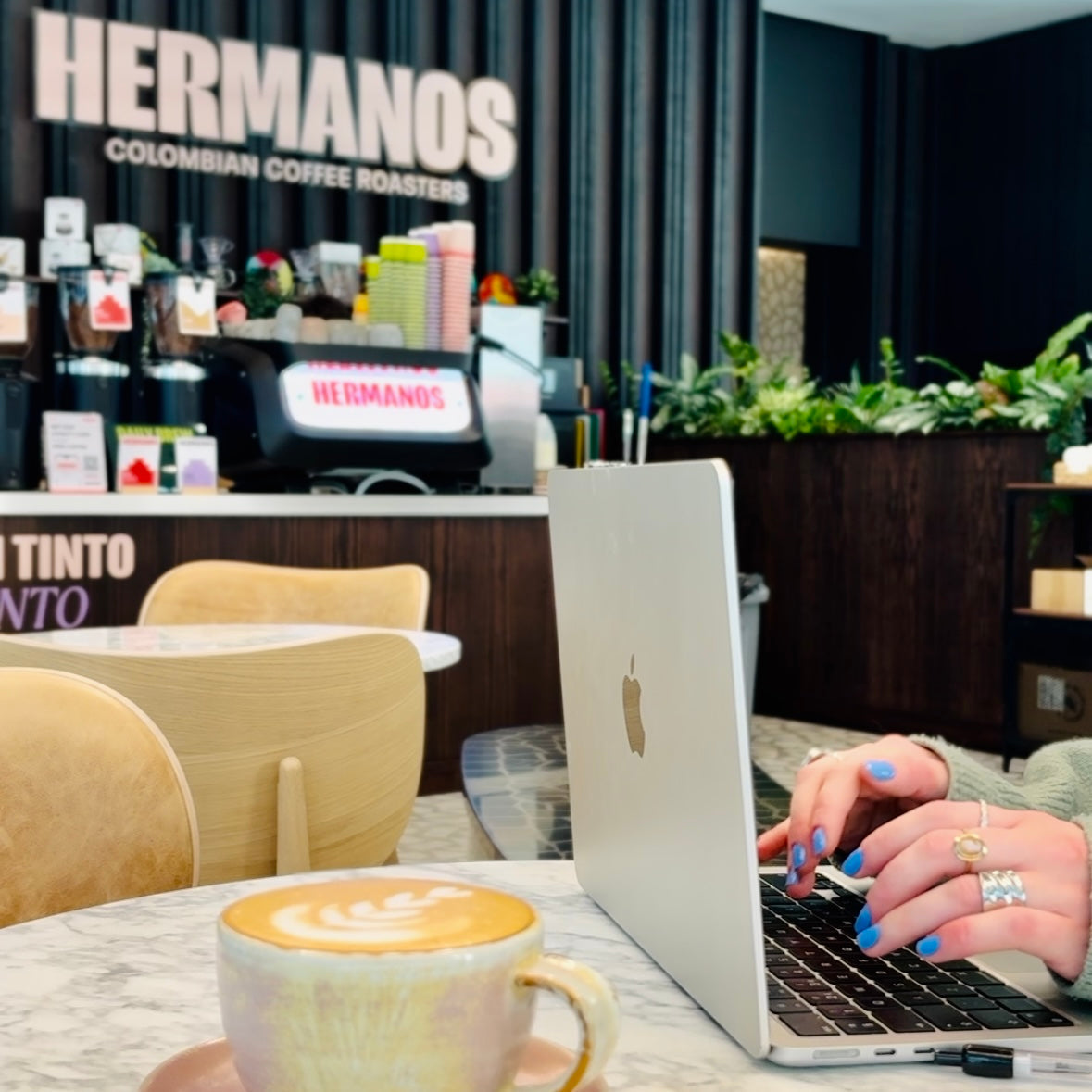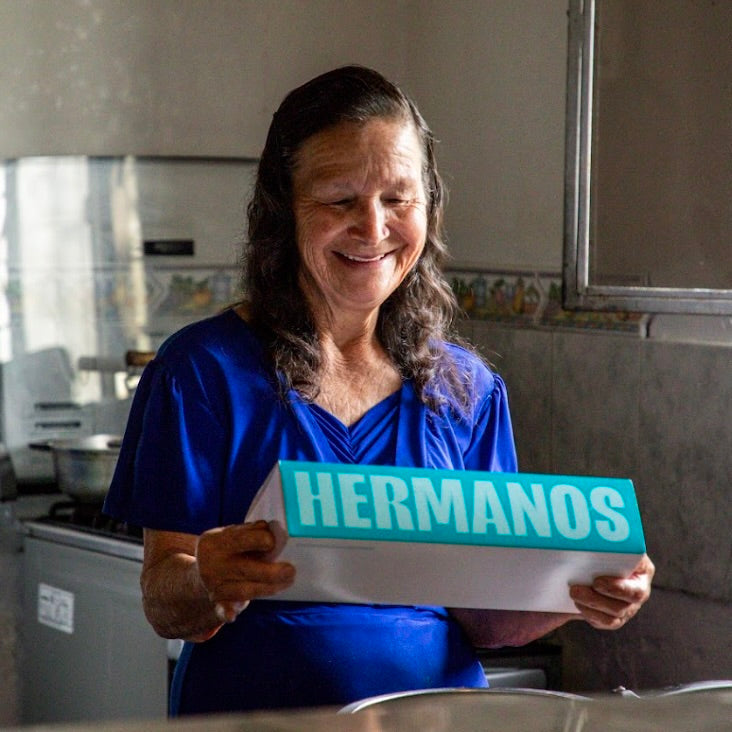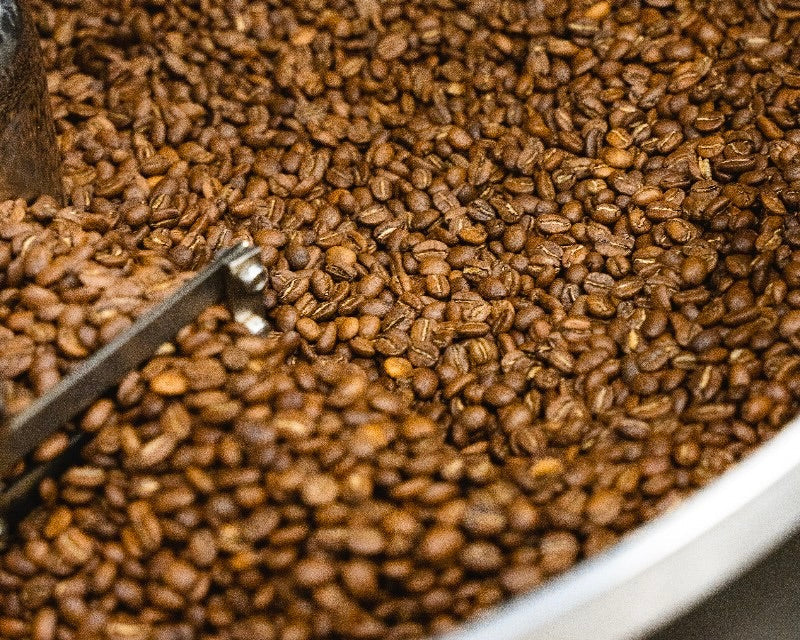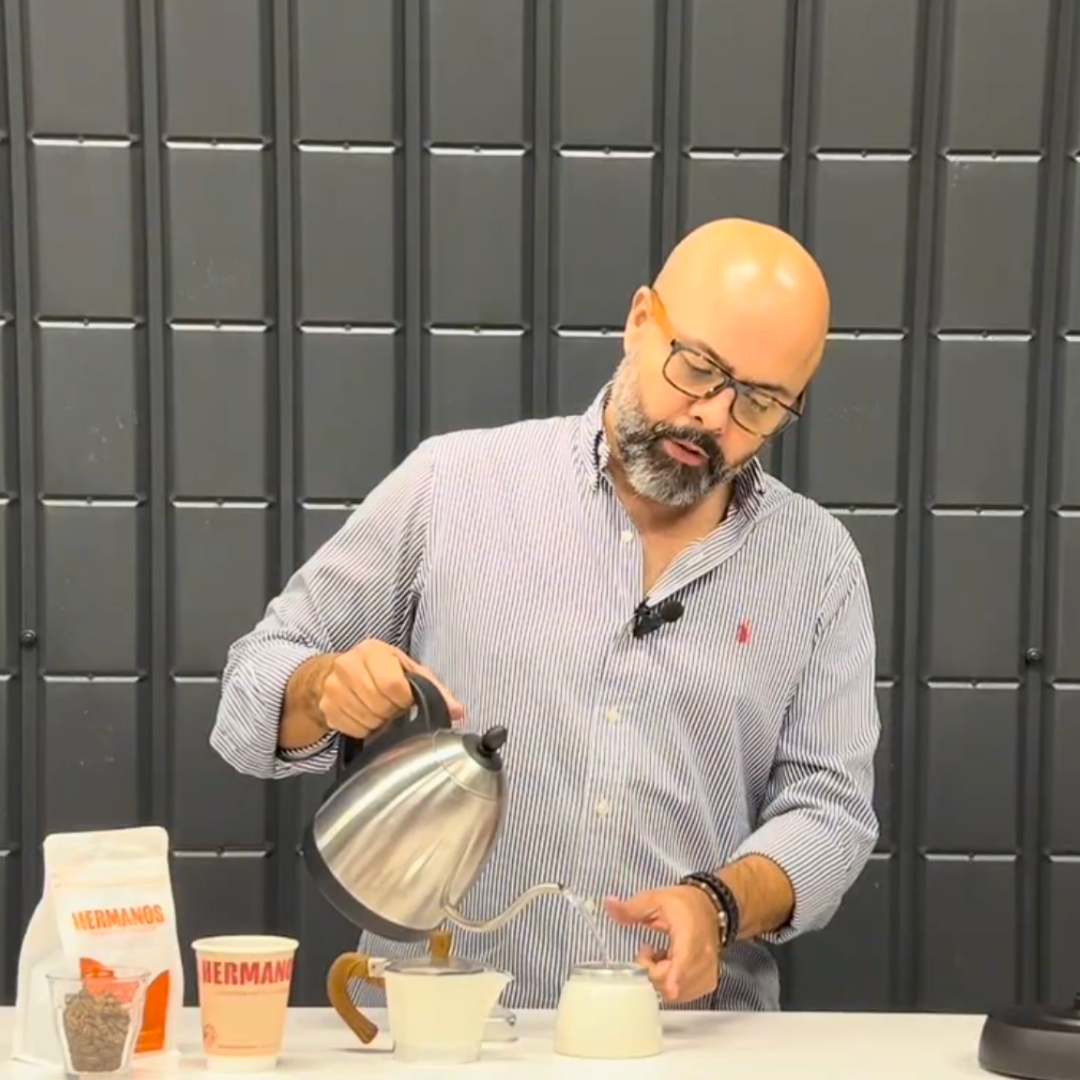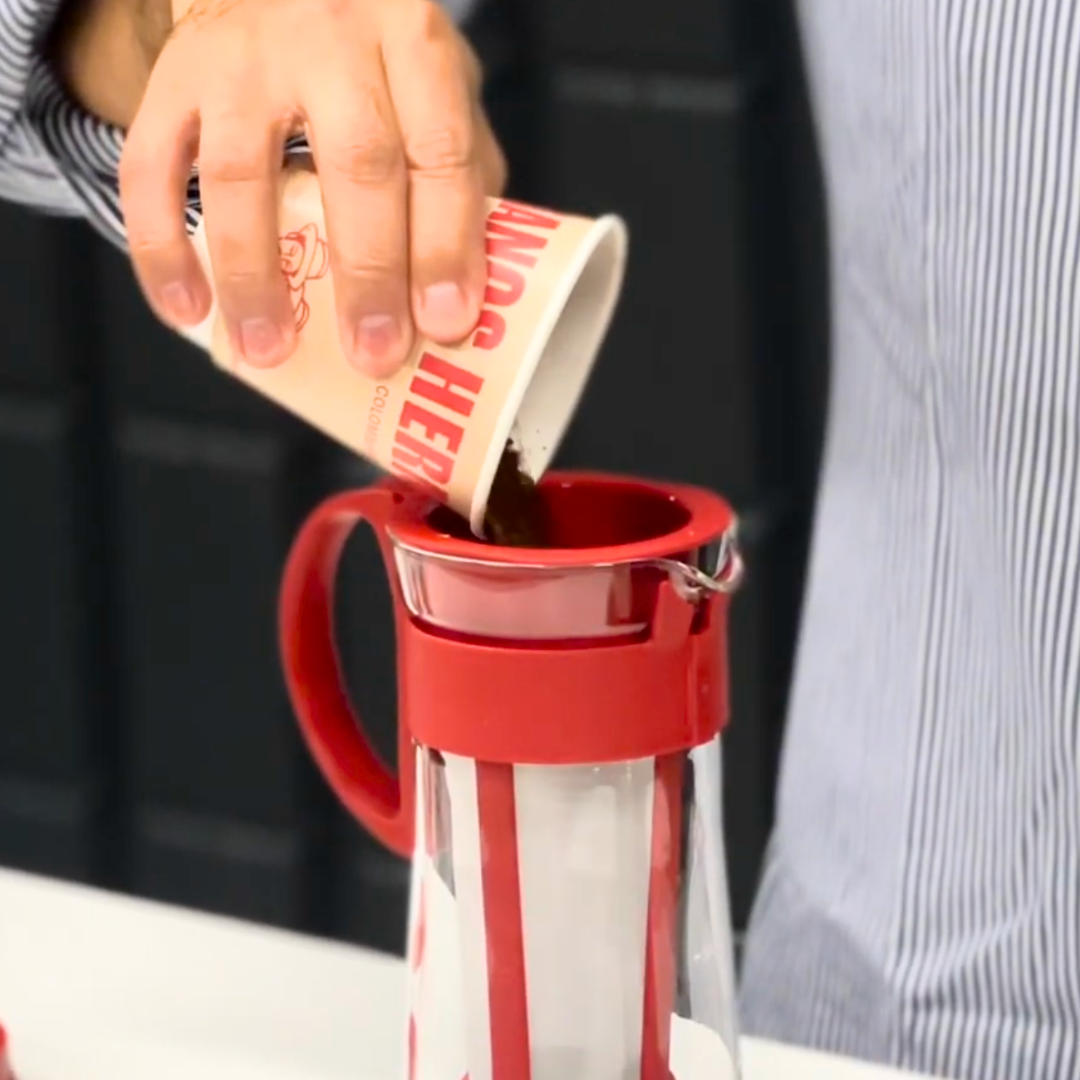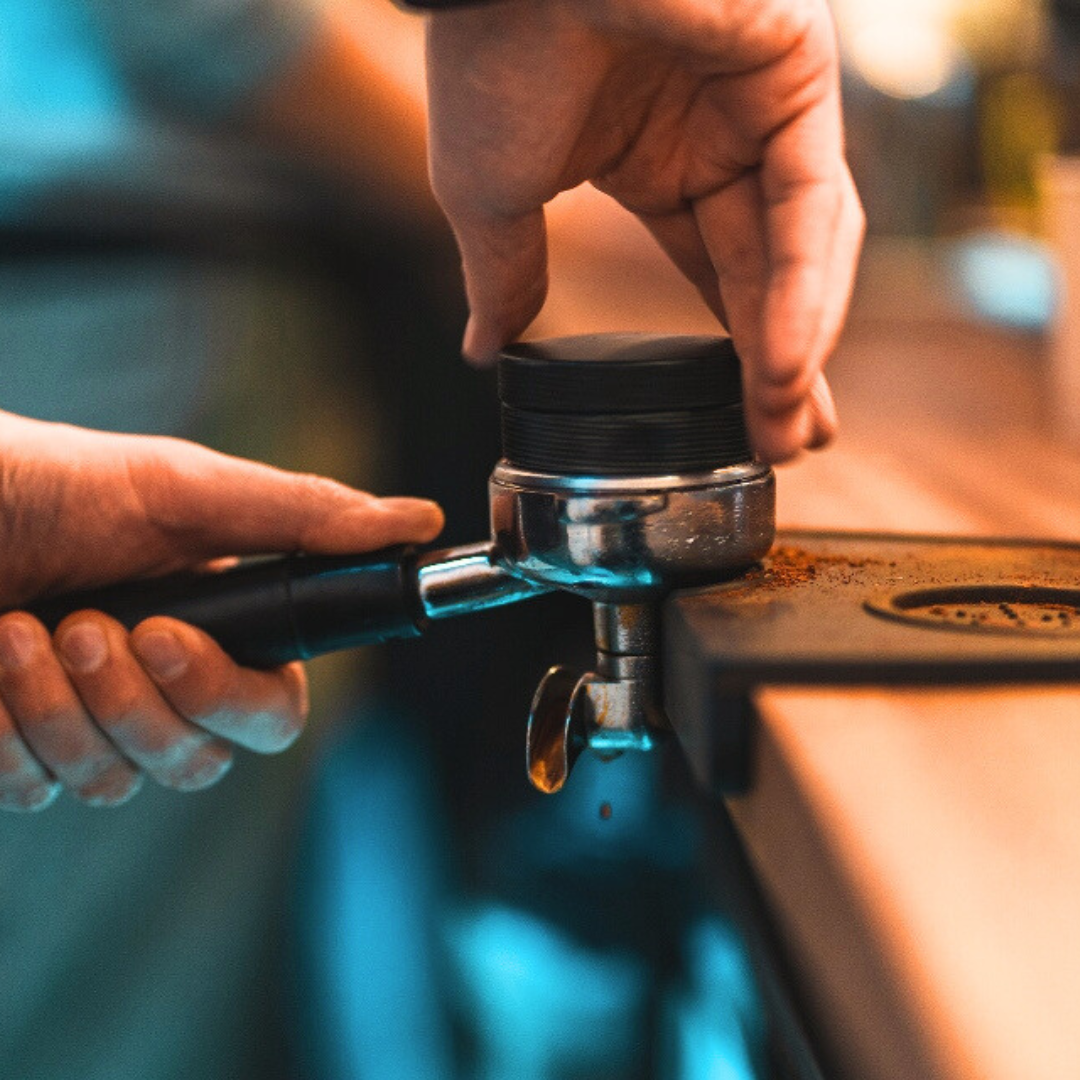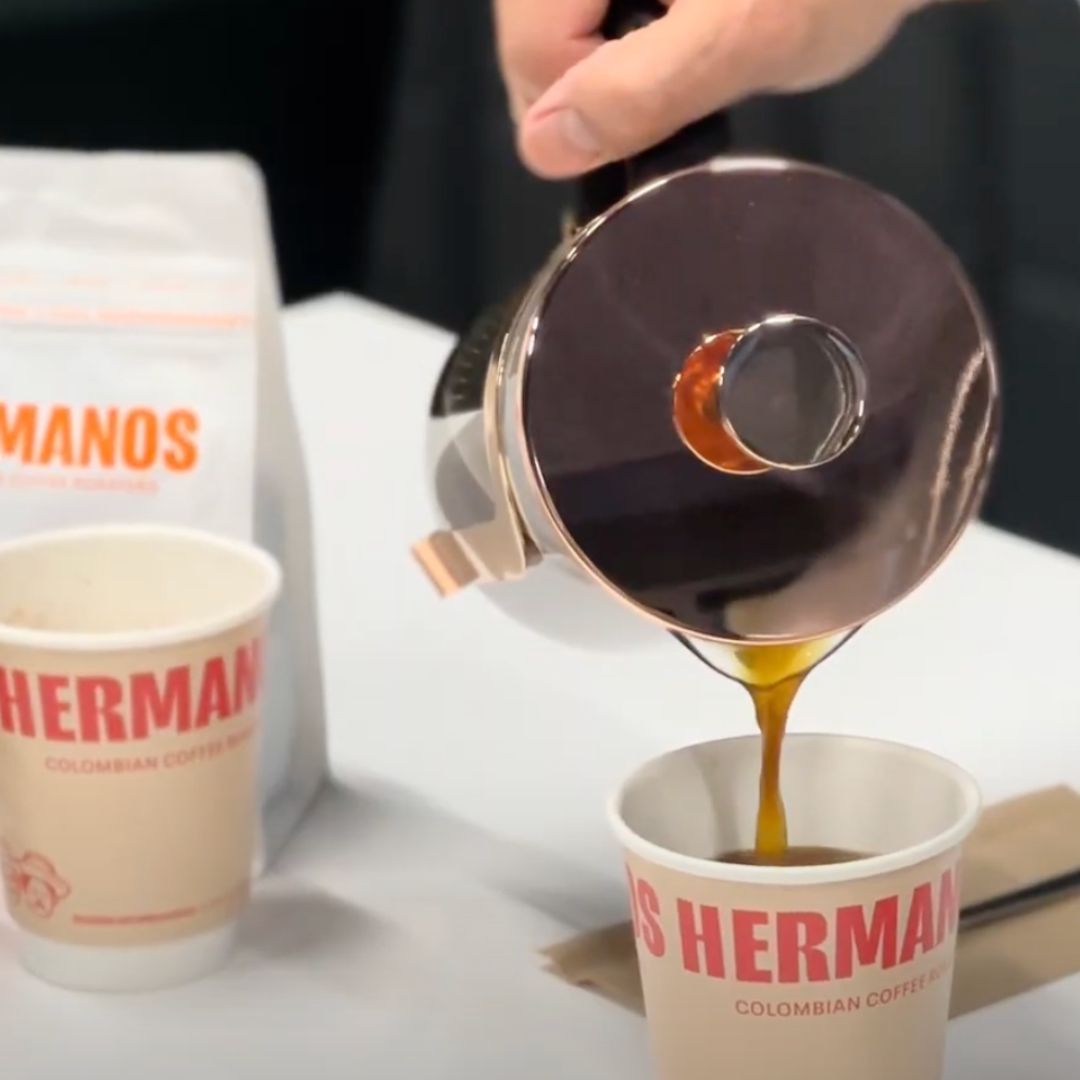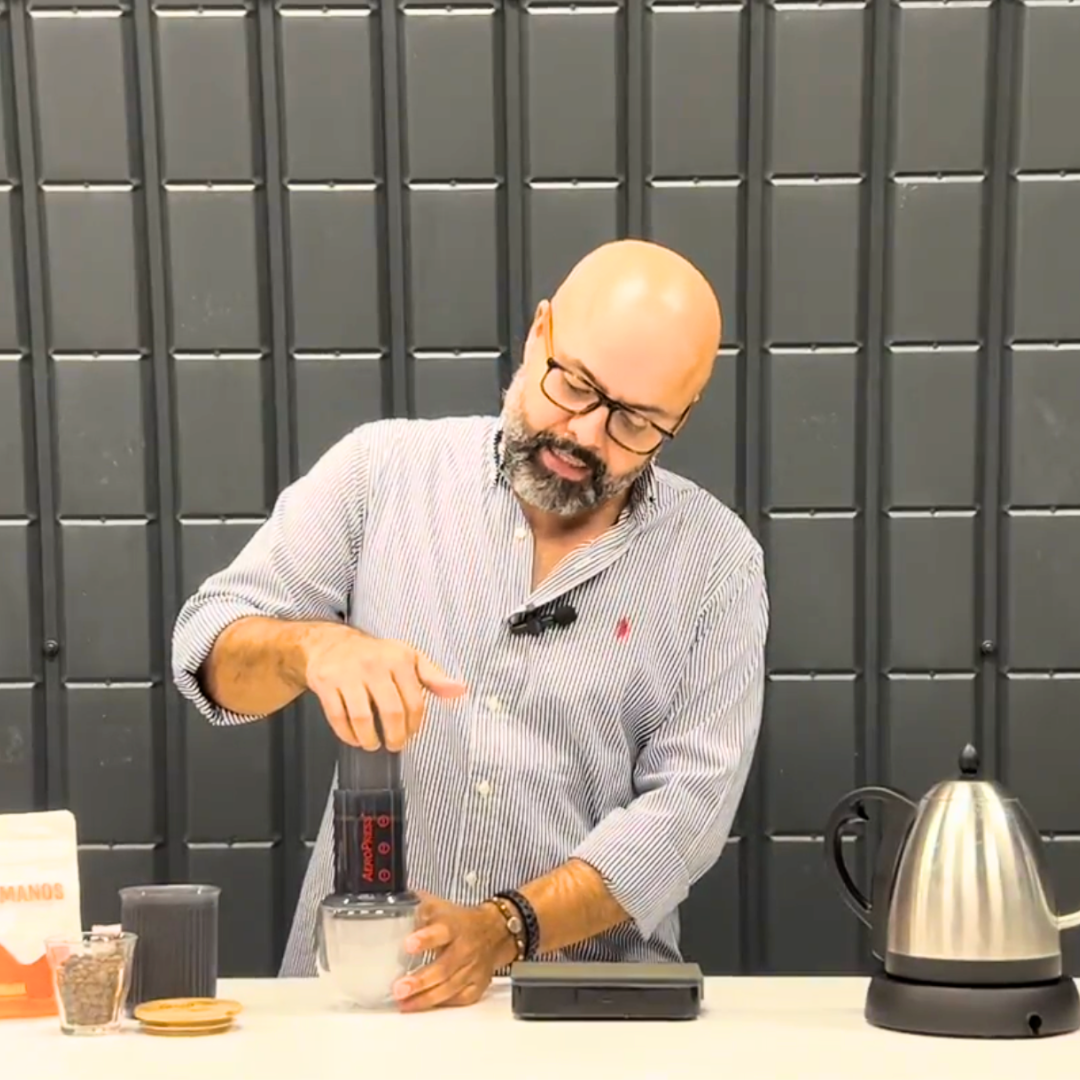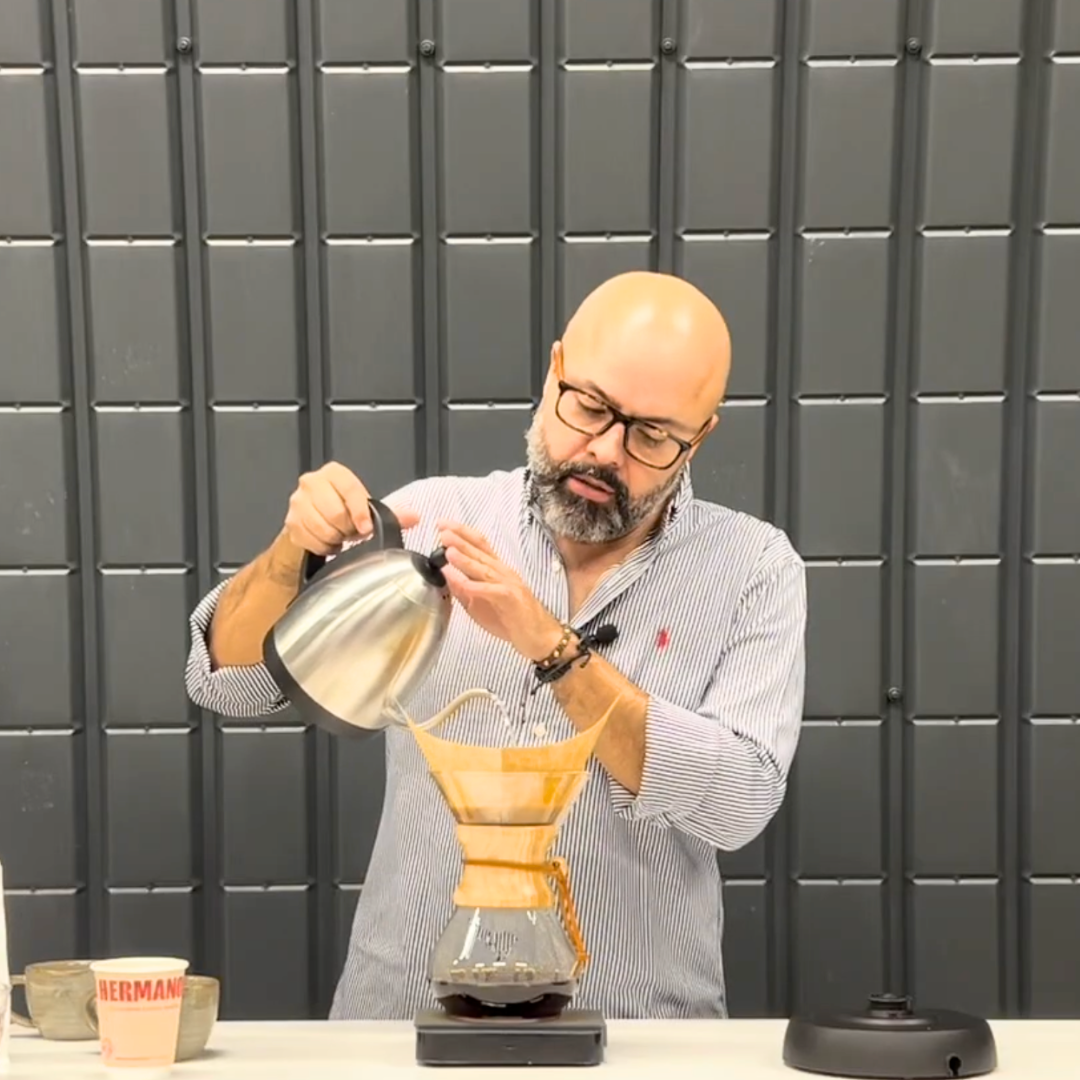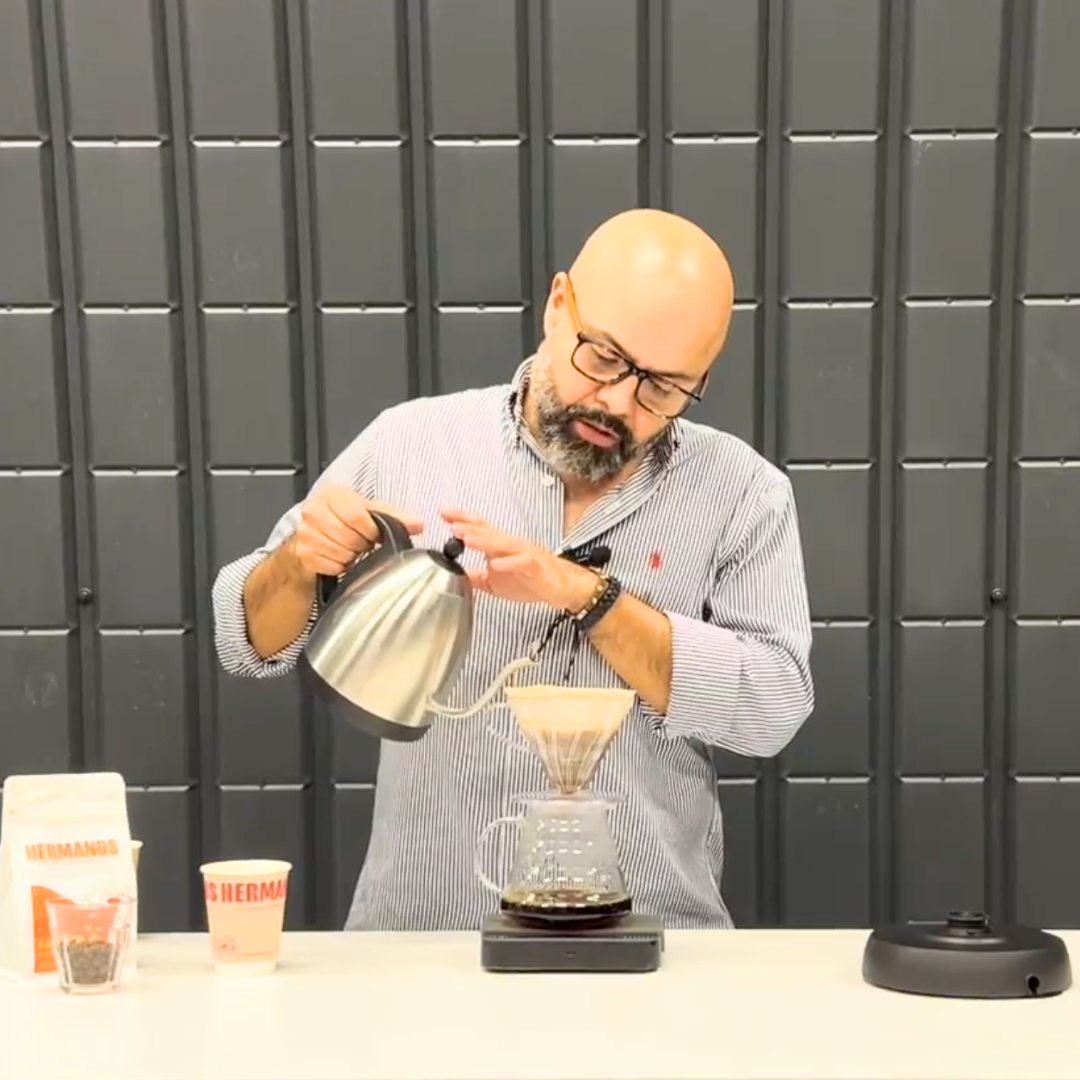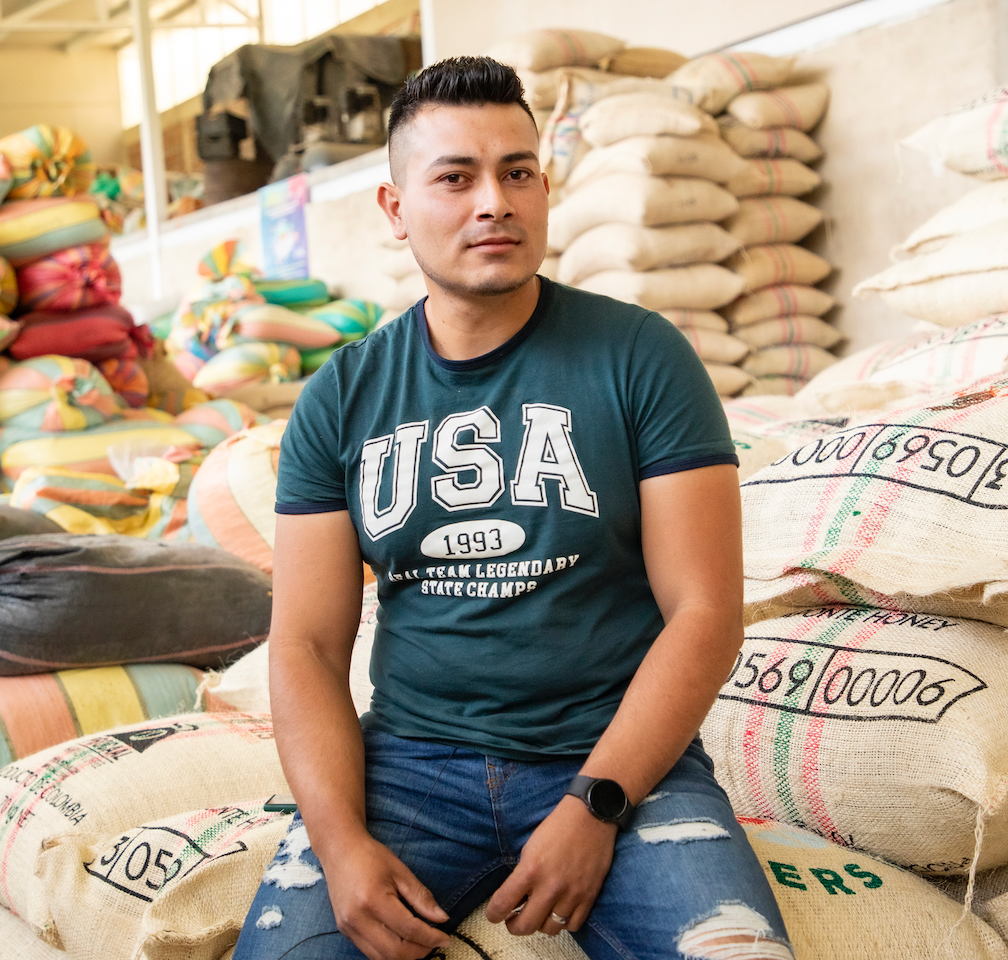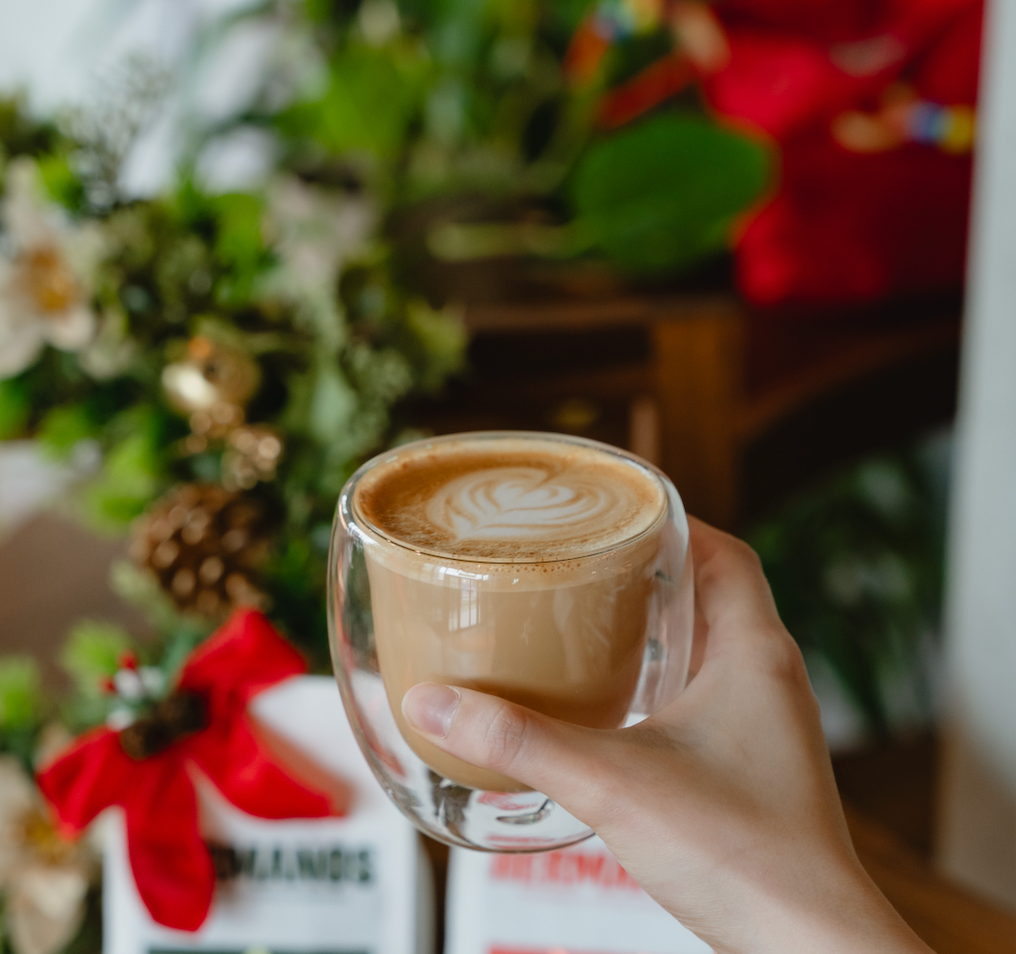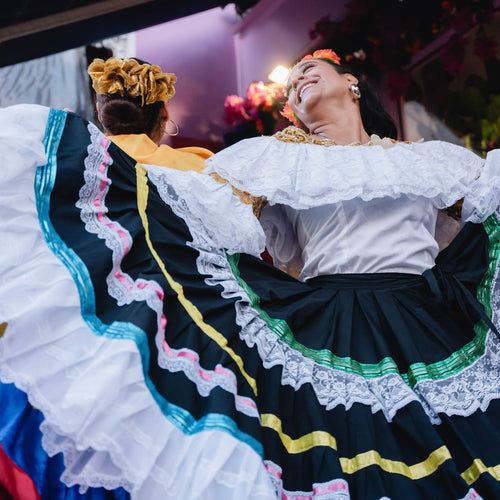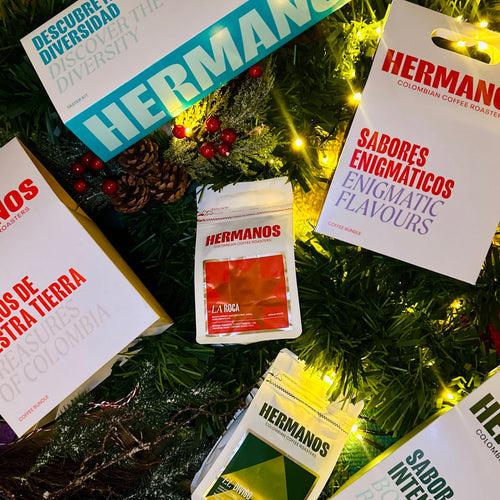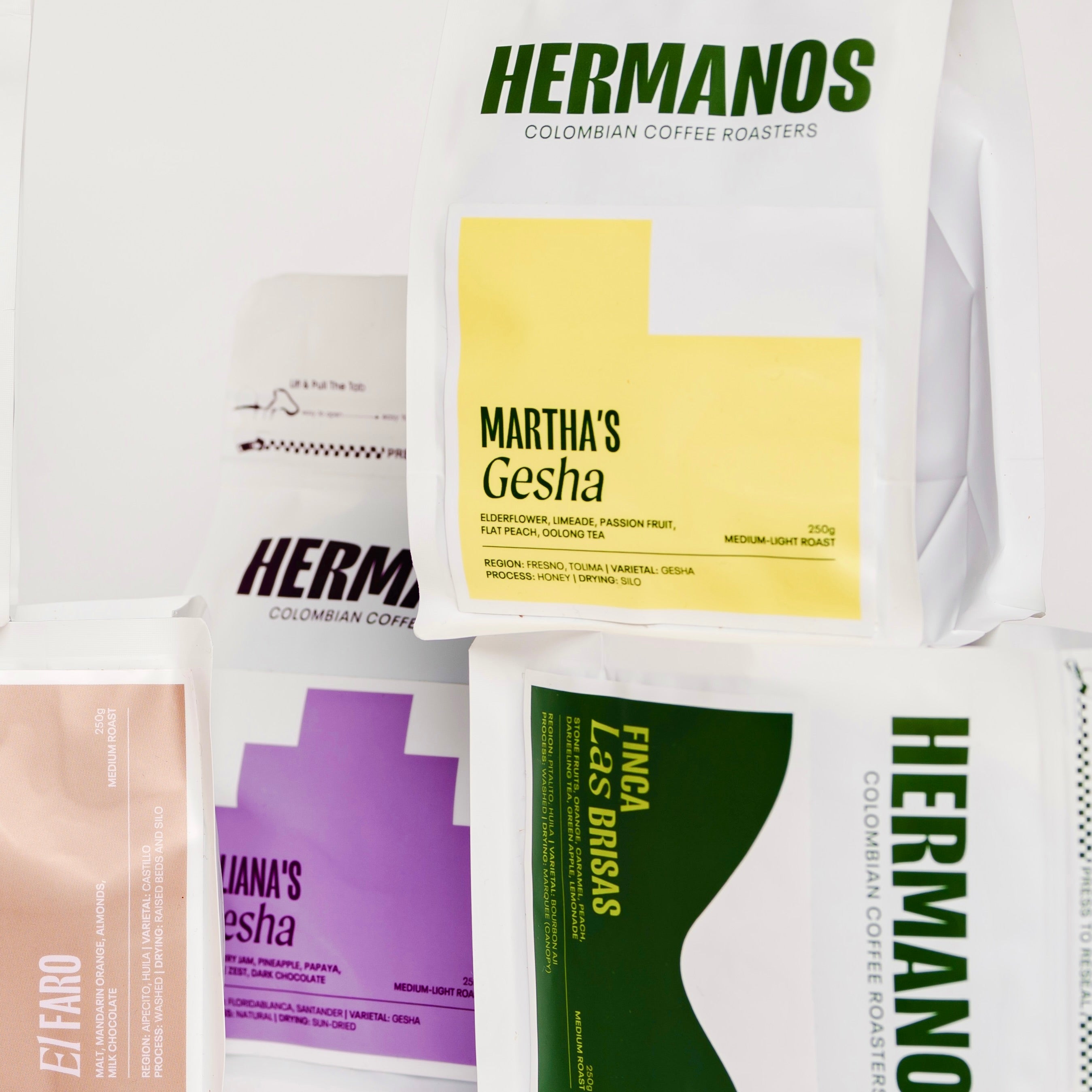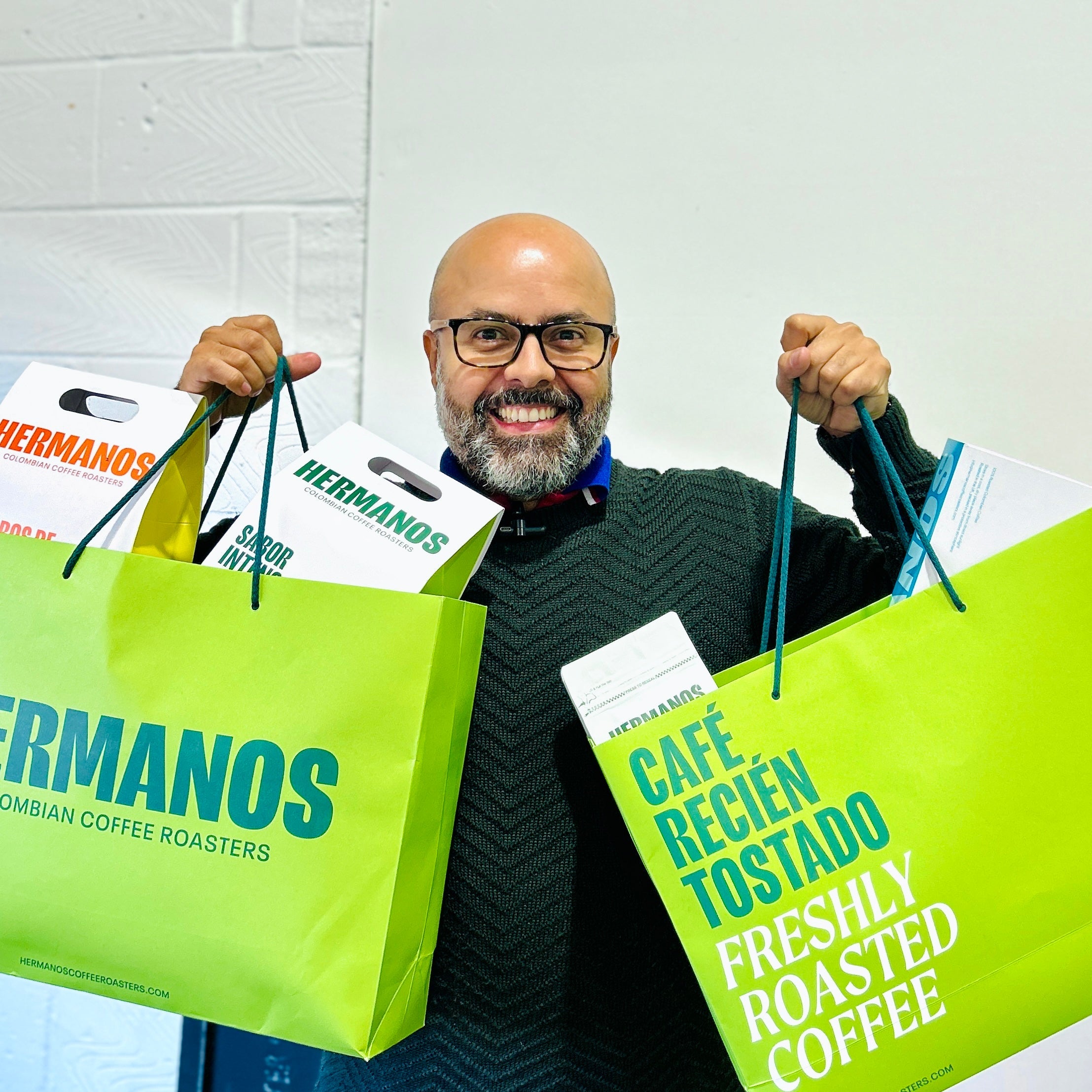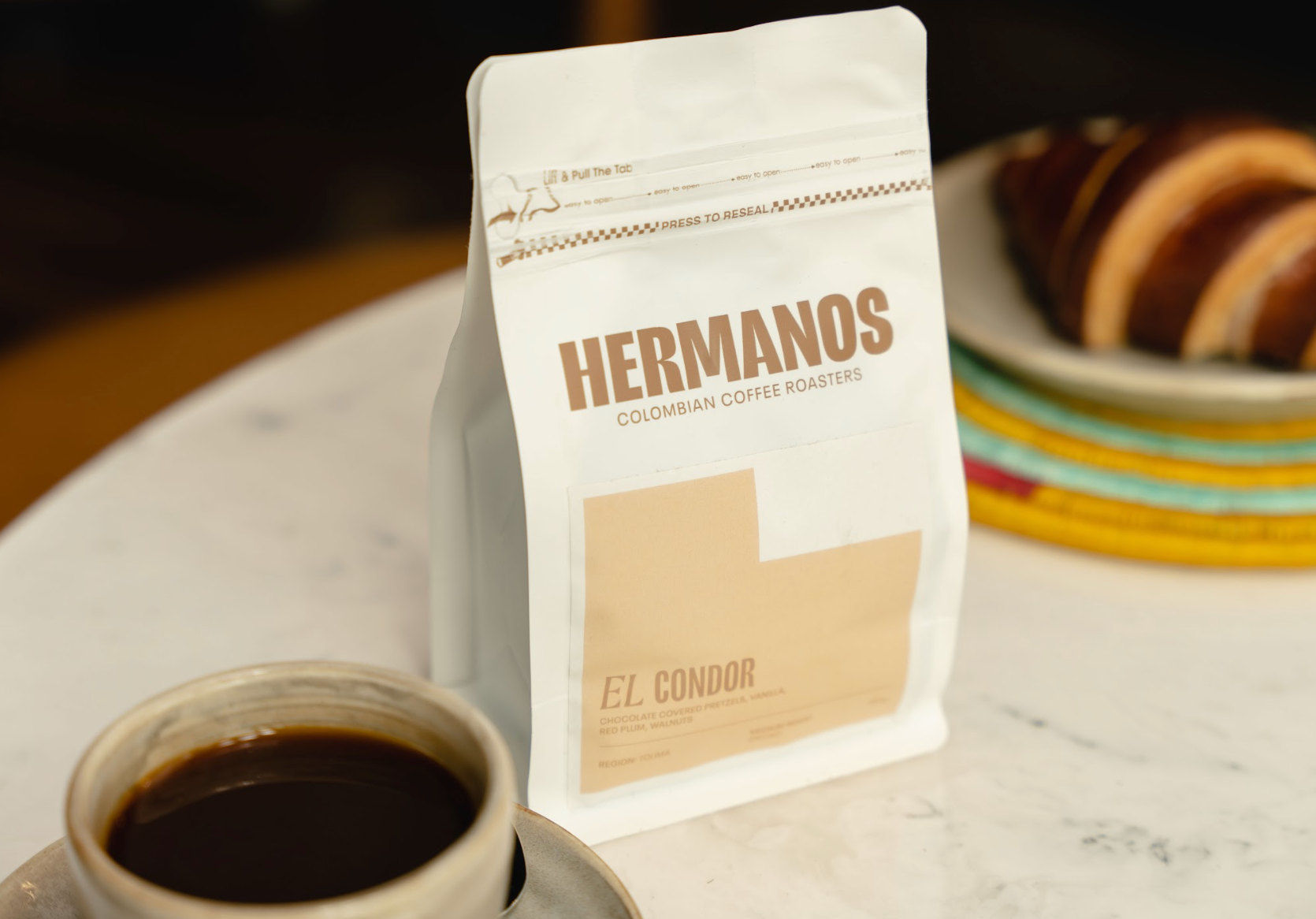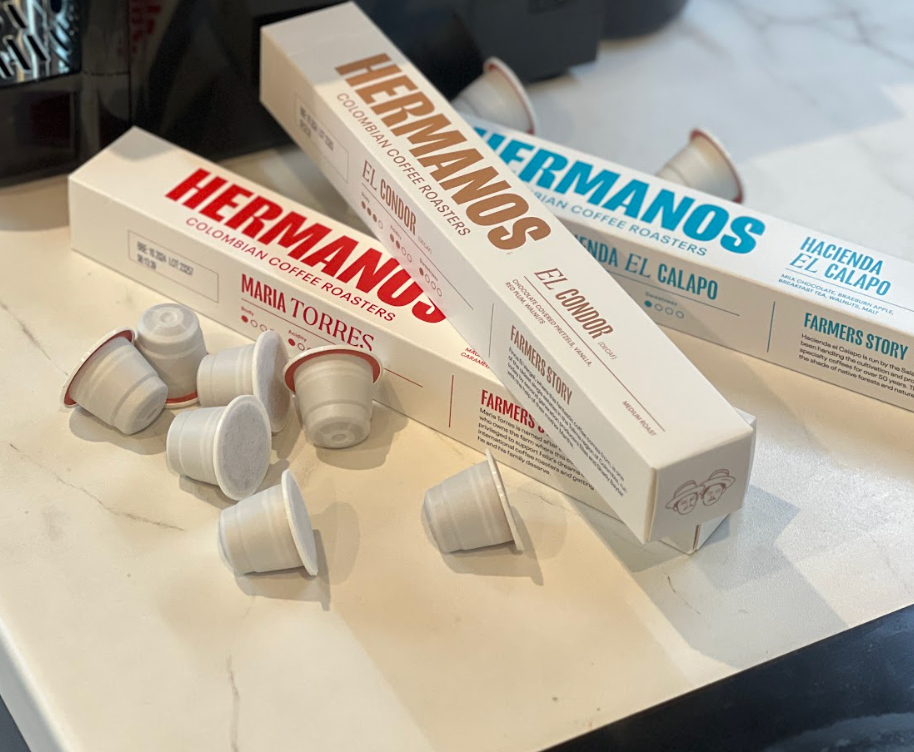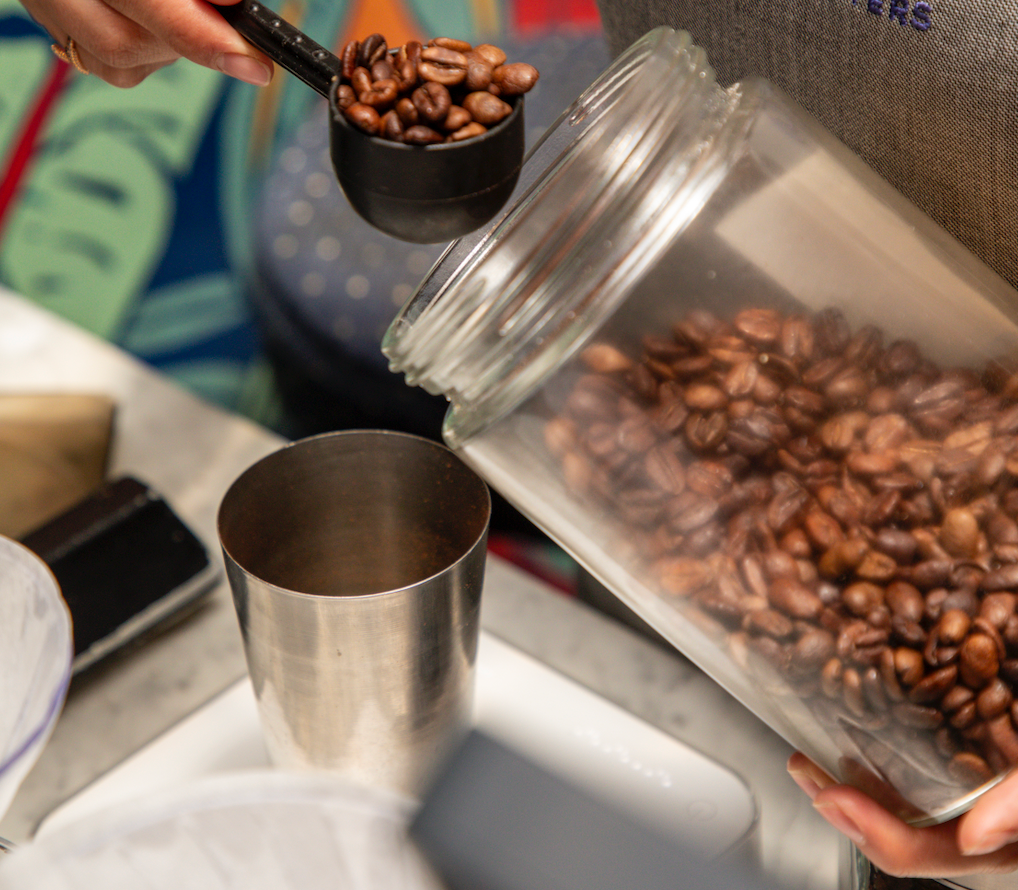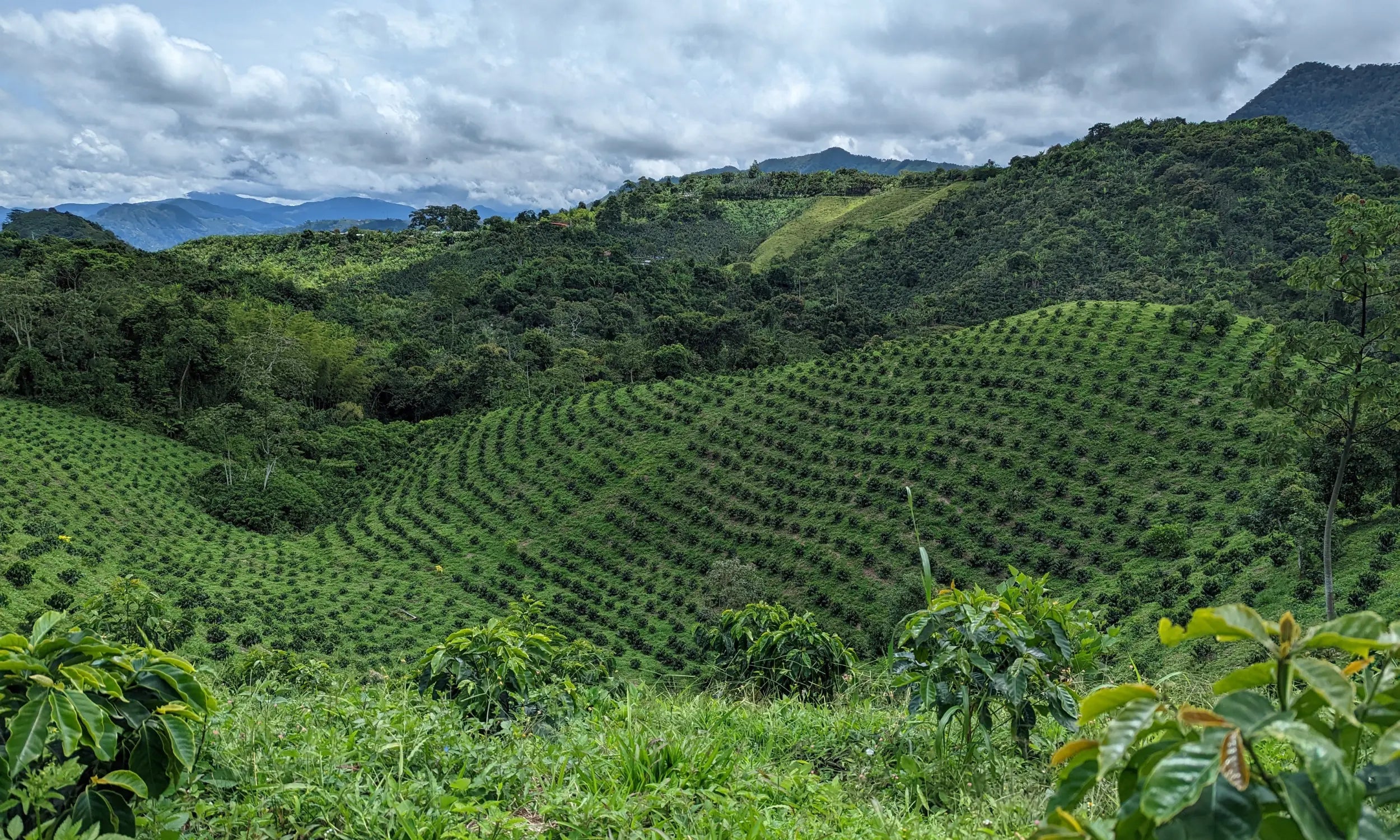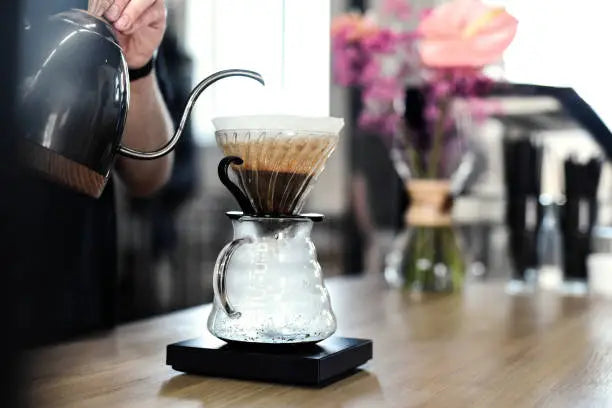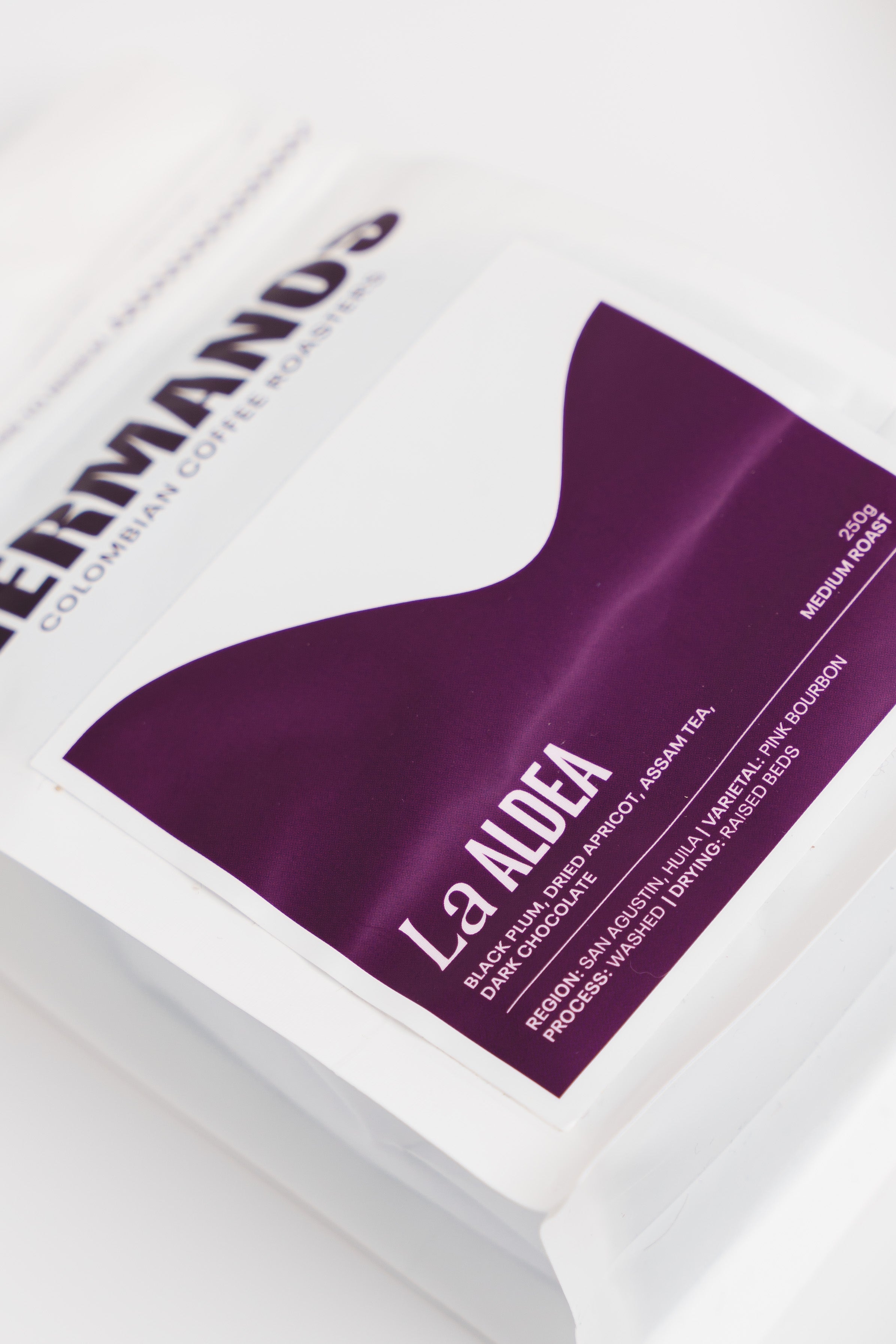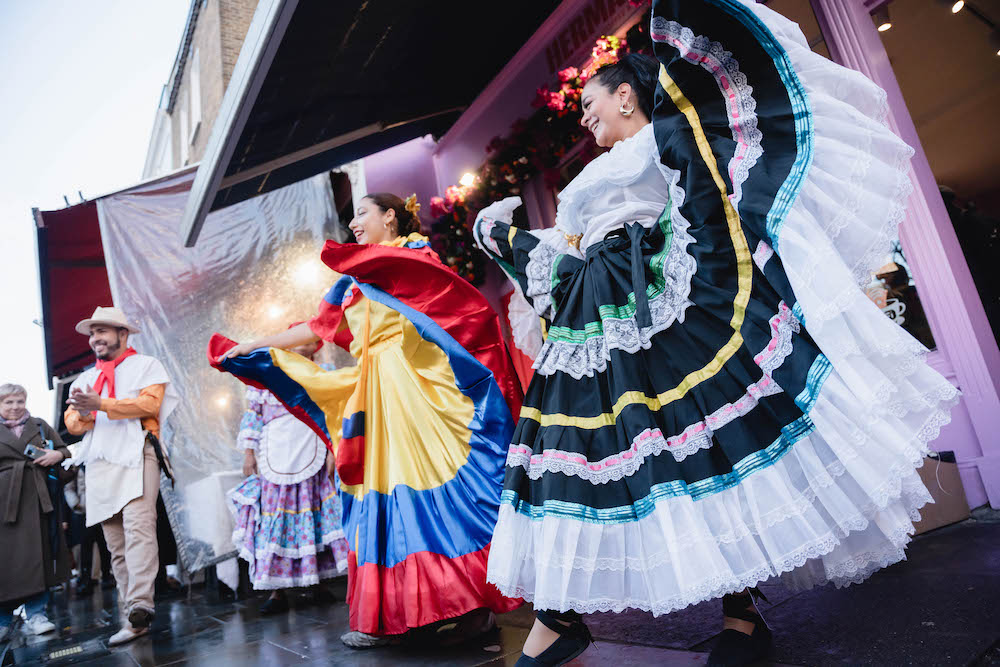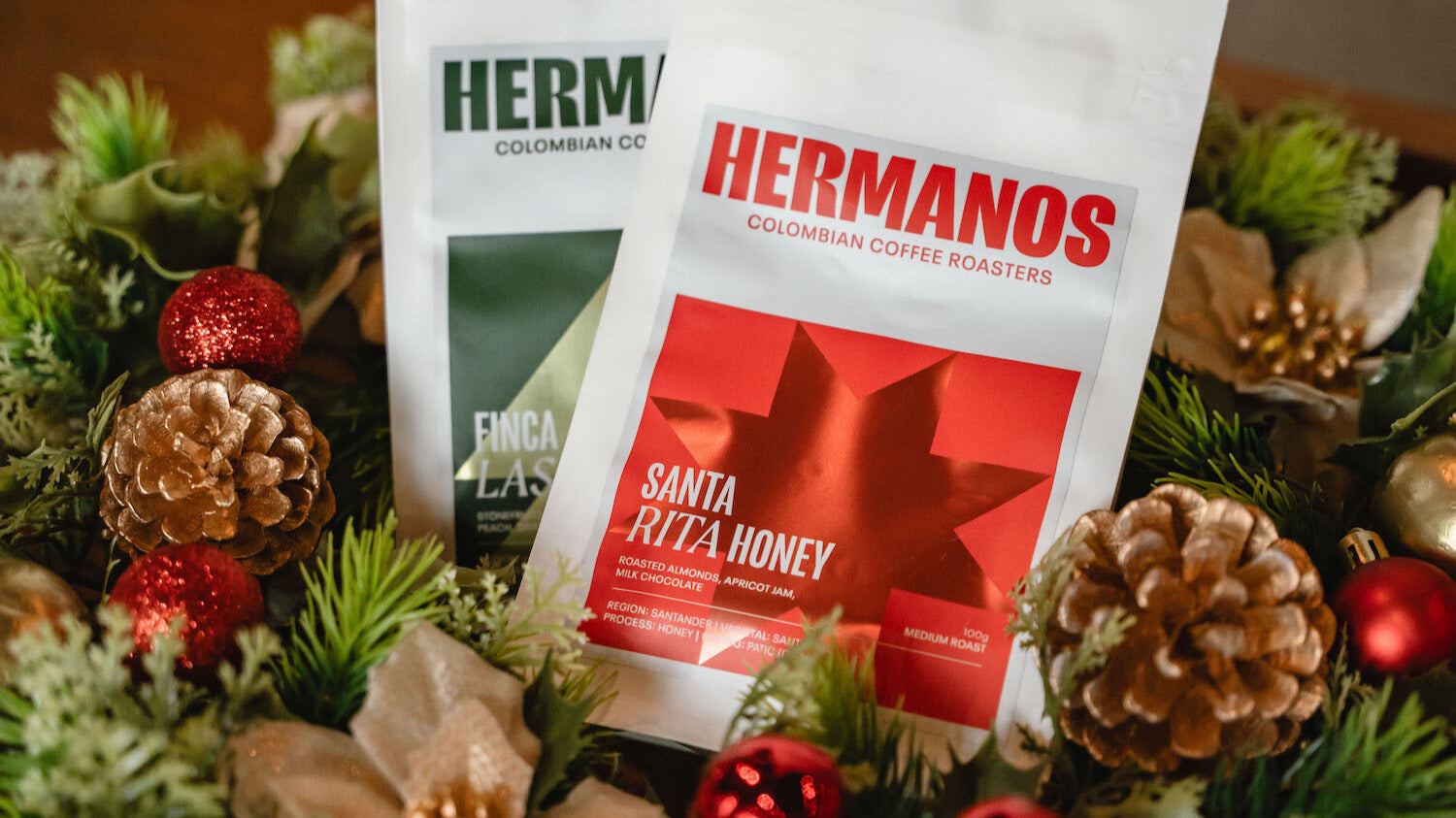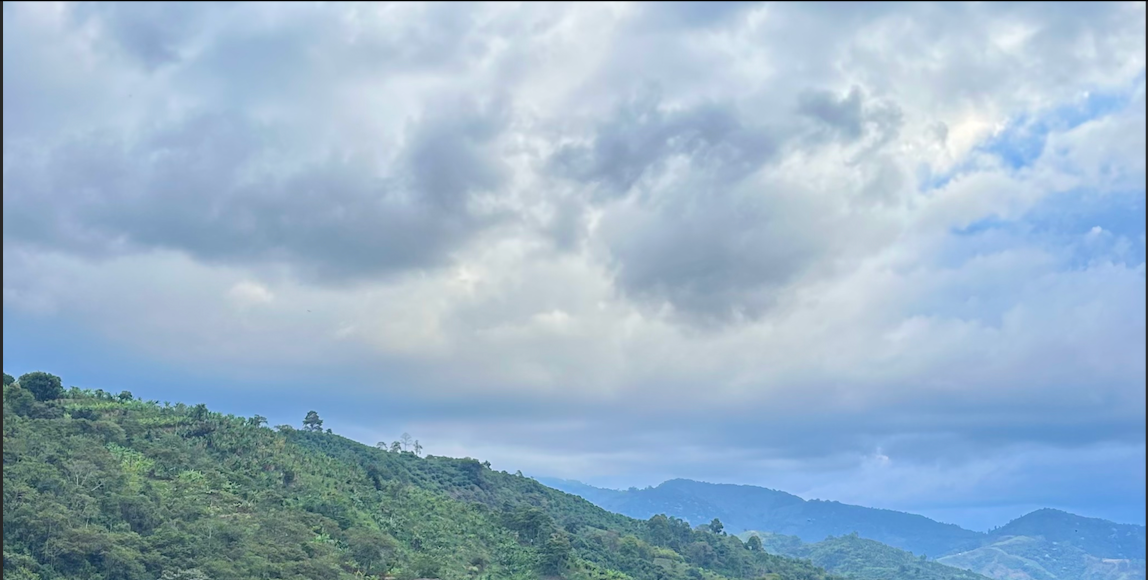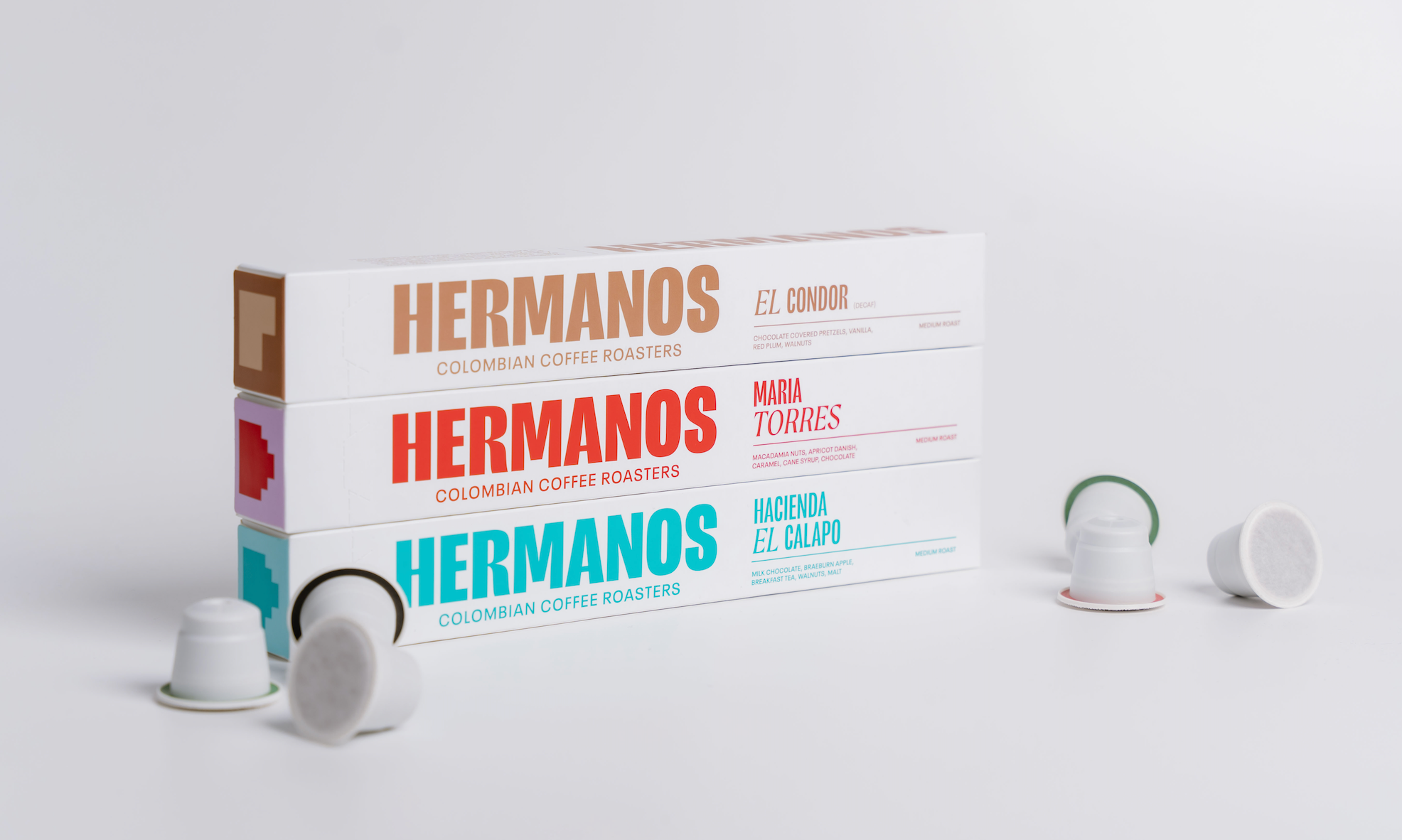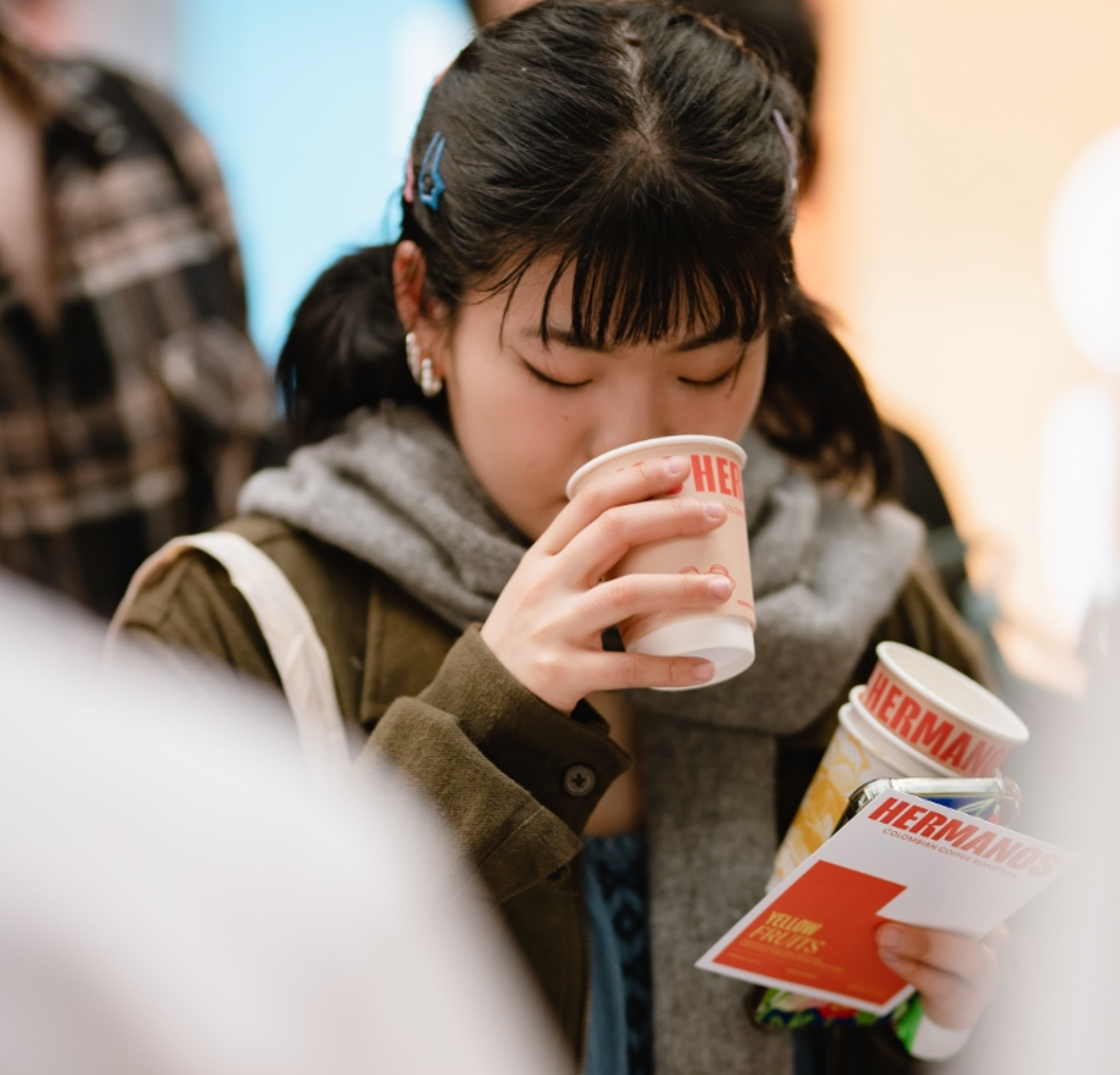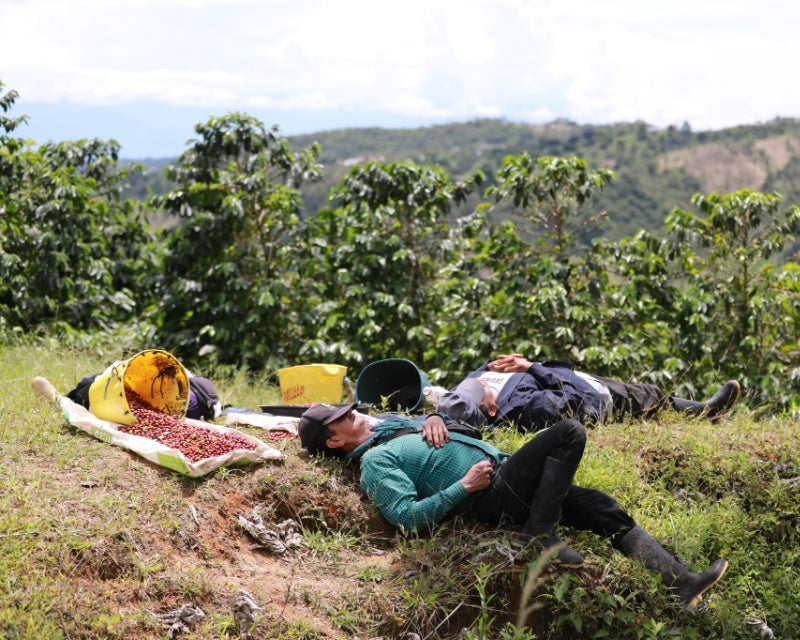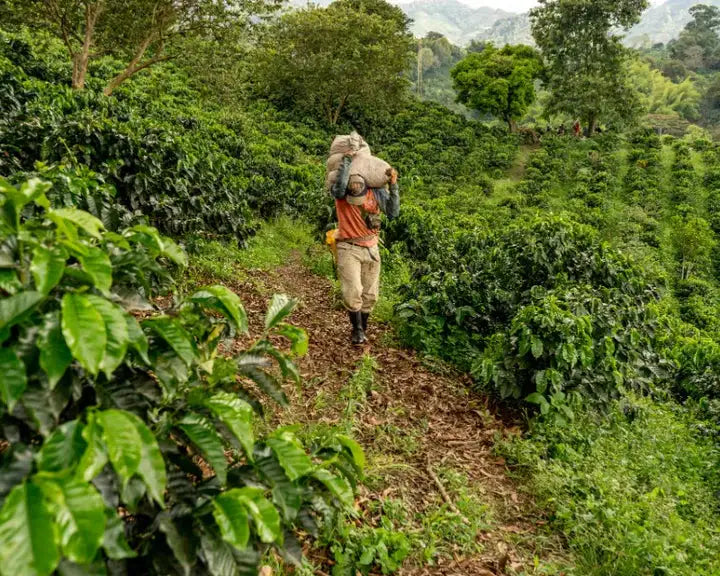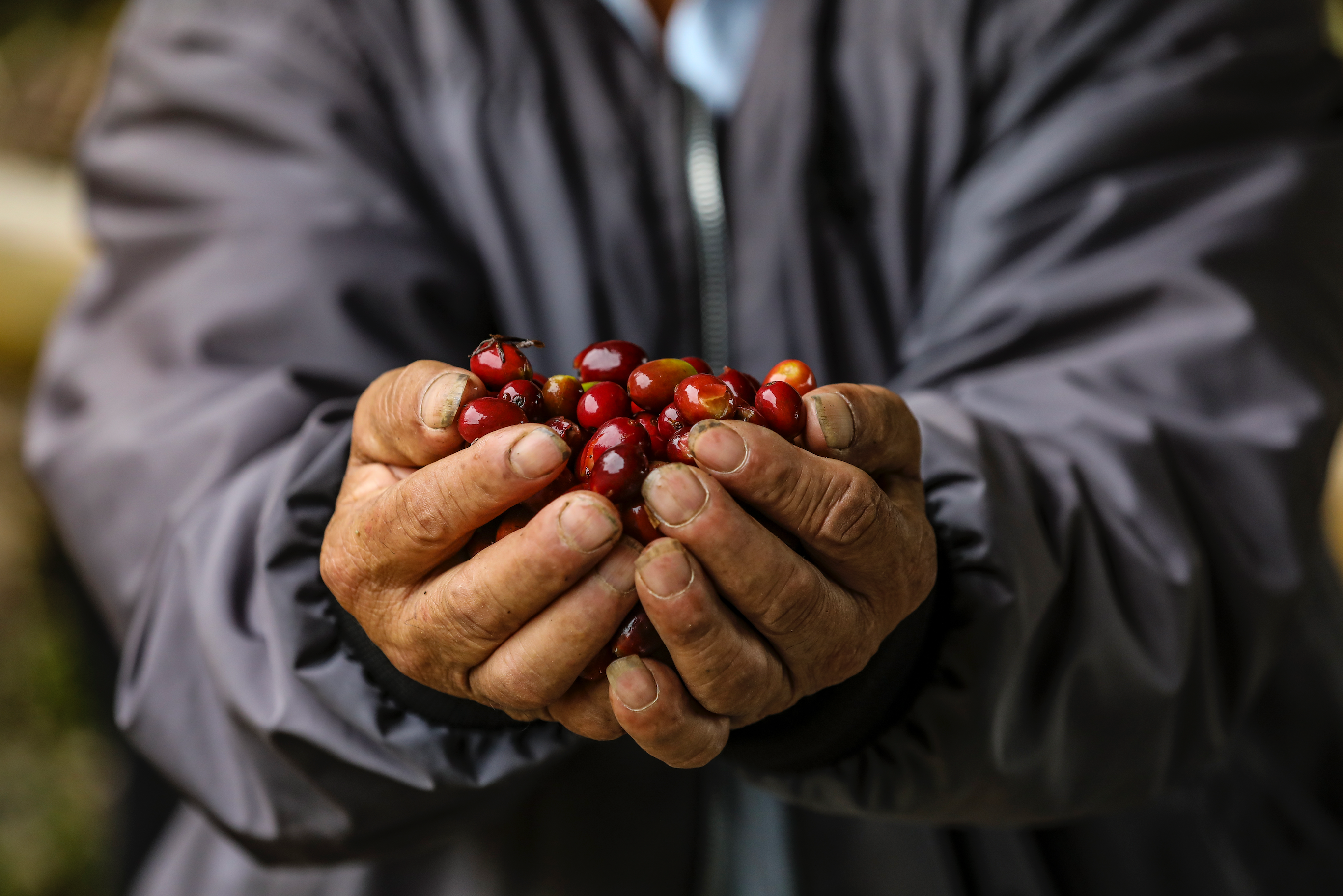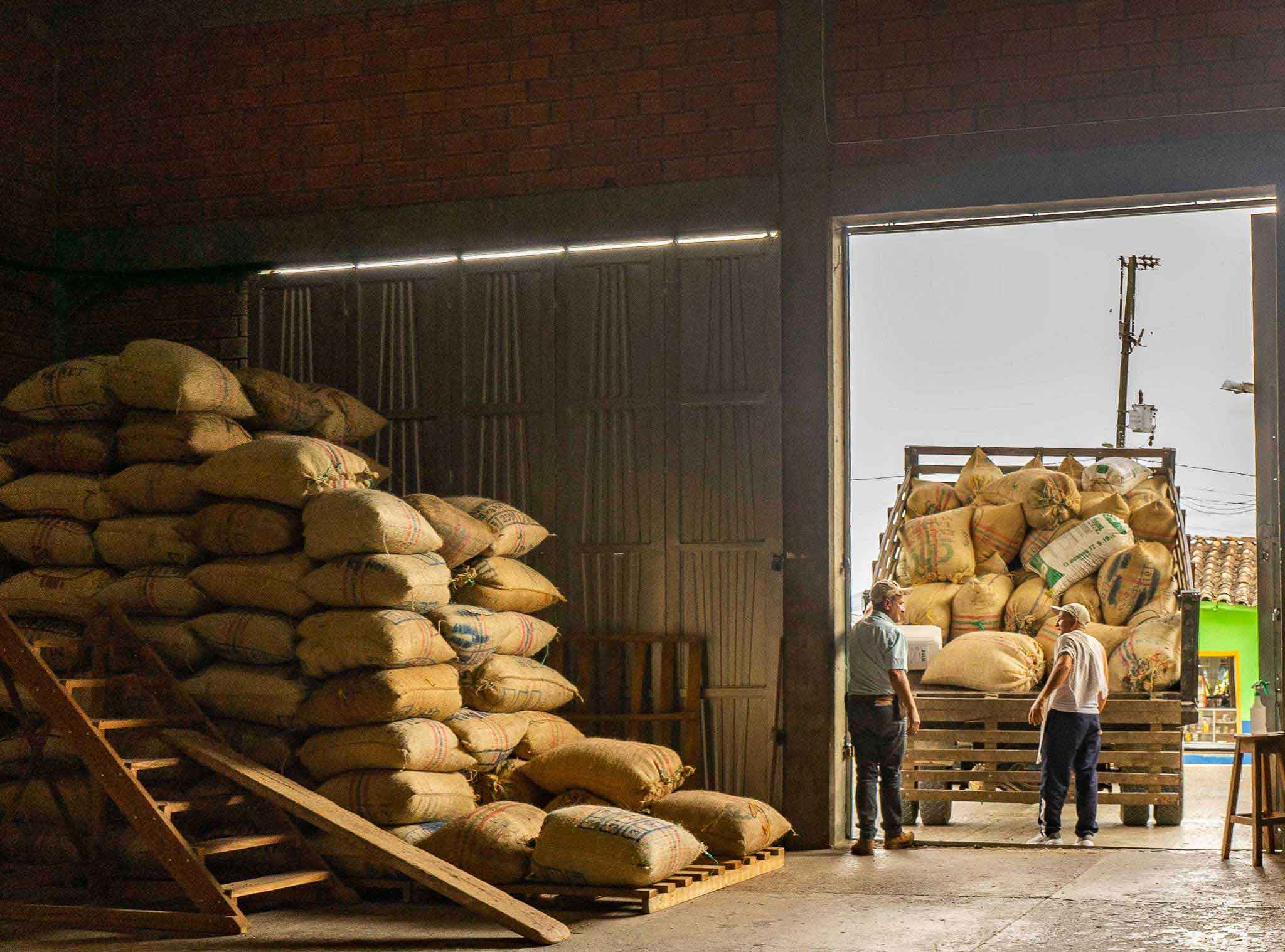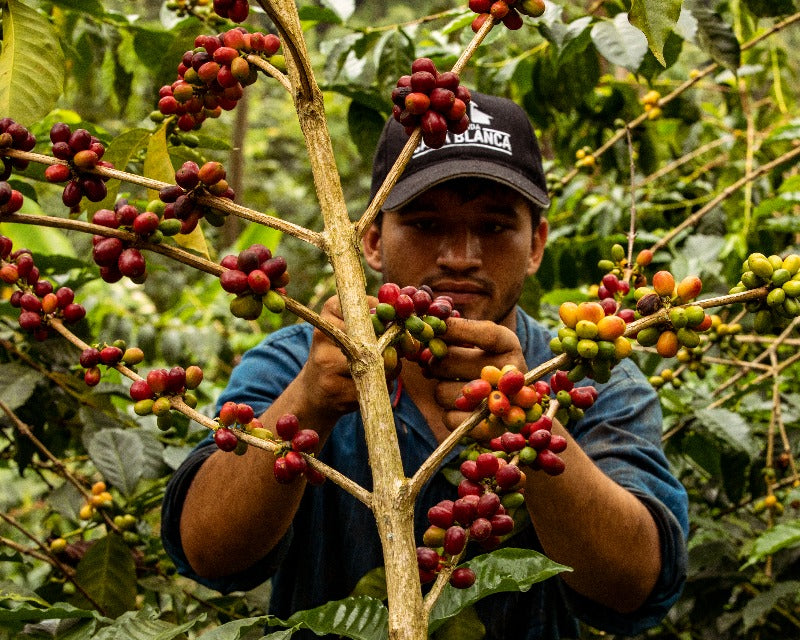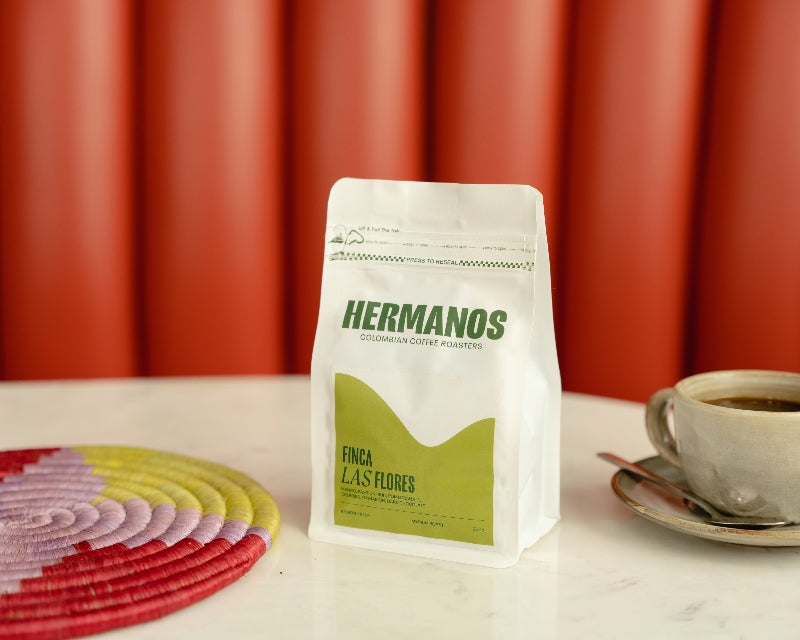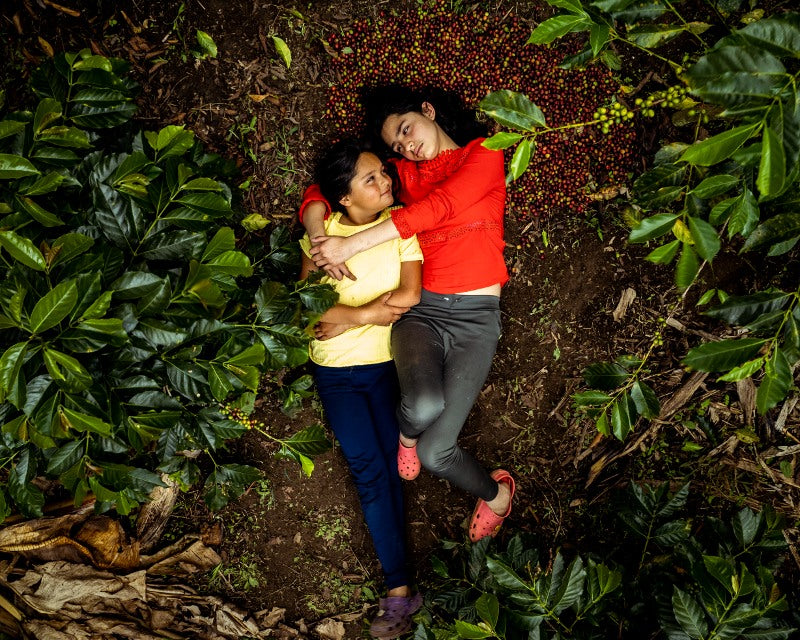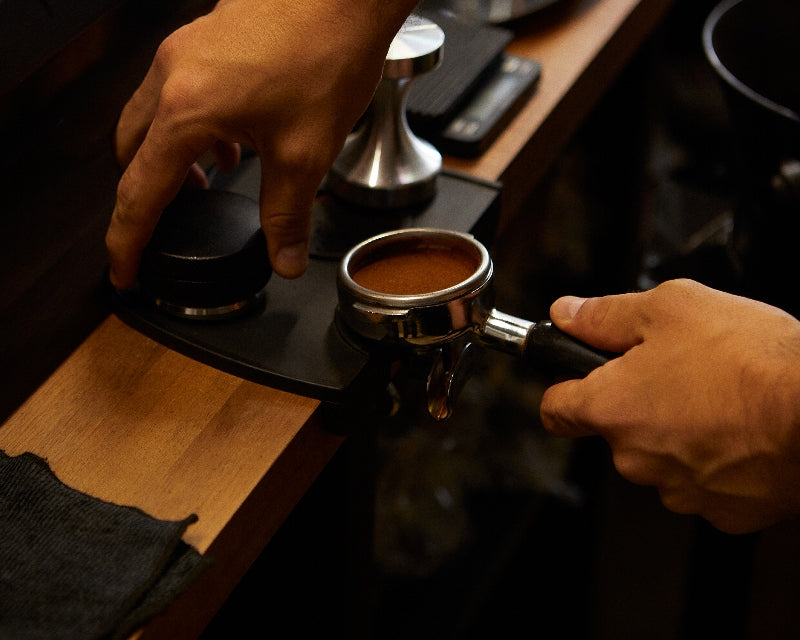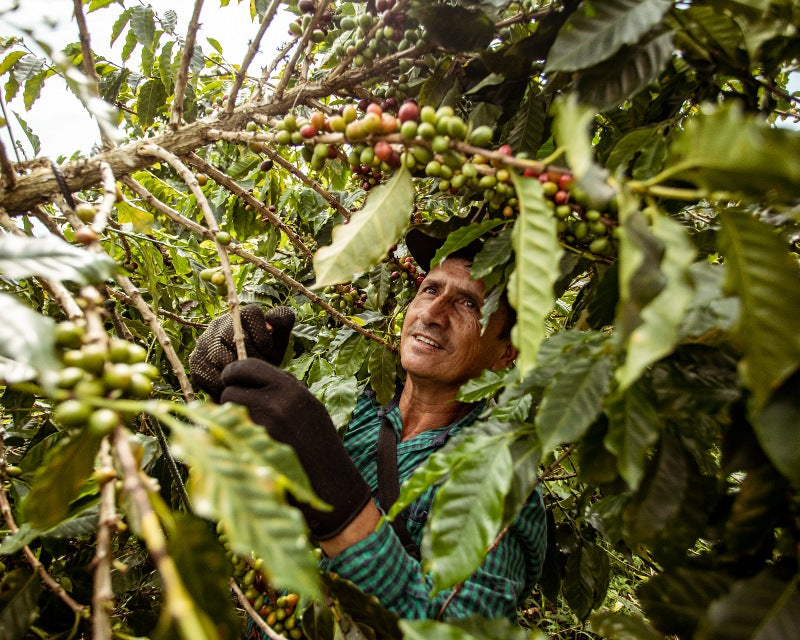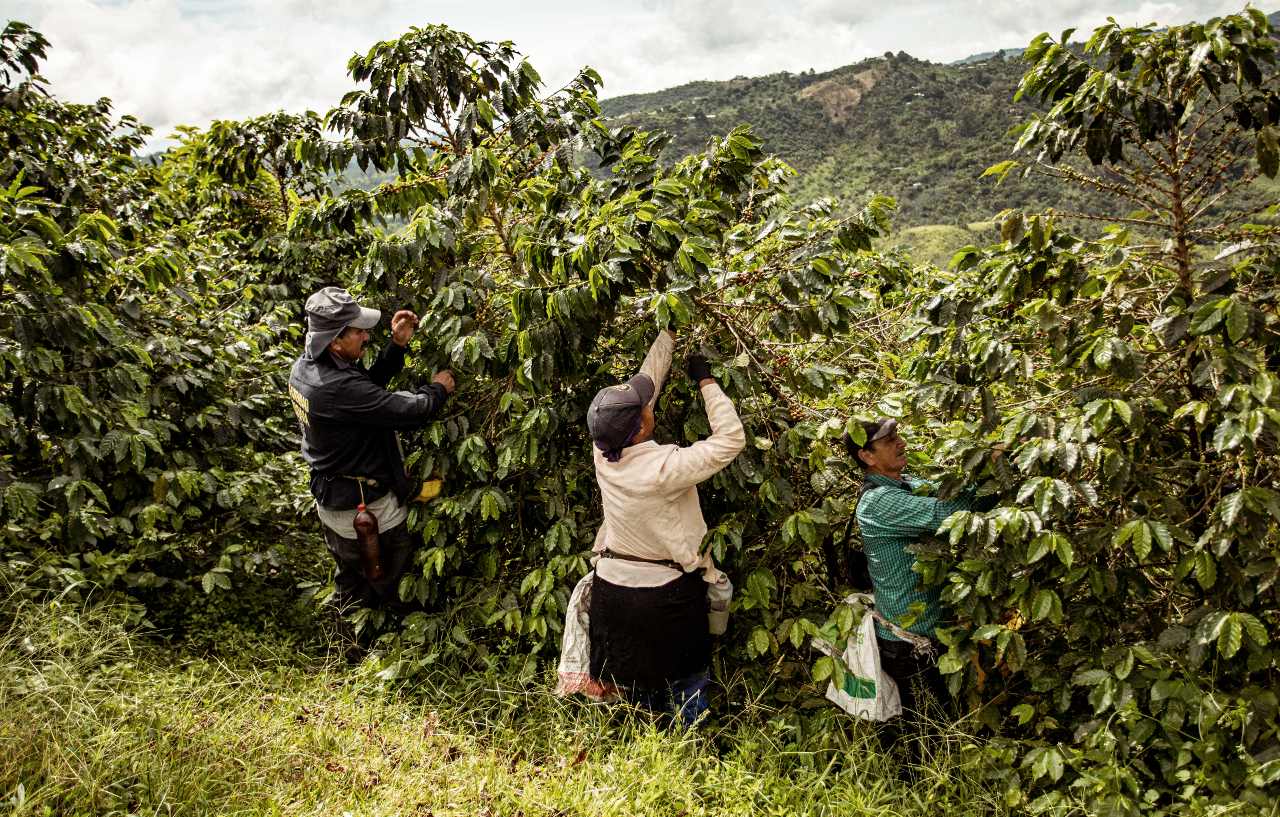The majority of coffee shops around the world buy their beans from a wholesale roasting company. However, at the consumer level, there’s often some confusion about what a coffee roastery actually is and the role the roaster plays in the coffee supply chain.
This is partly due to the fact that many companies that roast their own coffee also have their own shops — causing some to think of these businesses as somewhat interchangeable.
As coffee roasters ourselves, with several physical shops where we serve brewed coffee, here’s our take on what coffee roasters are, how they operate, and why they’re so vital to a specialty coffee industry striving for more sustainable, ethical and premium-quality coffee.
Coffee Roasters vs. Coffee Shops
|
Coffee roasters
|
A company that imports, roasts and prepares beans in bulk — often distributing these beans to coffee shops, restaurants, hotels, and other businesses (B2B). It will also typically sell coffee directly to consumers in the form of whole beans or ground coffee bags (to be brewed at home).
|
|
Coffee shops
|
A business that purchases coffee from a wholesale coffee roaster to resell as brewed coffee (lattes, flat whites, espressos etc.) directly to customers in a physical shop/restaurant environment.
|
Browse Our Collection of Premium Colombian Coffee Beans
What Happens At A Coffee Roastery?

The actual coffee roastery itself is the hub of any coffee roasting business. A few things that happen in pretty much every roastery (big or small) are:
-
Storing and sorting coffee that has been imported from abroad (often on crates in large jute sacks)
-
Roasting green coffee beans to match specific profiles (light, medium, dark)
-
Identifying and removing defective coffee
-
Tasting coffee pre and post-roasting to check for quality
-
Preparing packaging materials for shipping
-
Order fulfillment for coffee orders (B2B & C2C)
-
Performing maintenance and cleaning of roasting equipment
Due to the need to store coffee in bulk, as well as roast and prepare it for delivery, roasteries are often large warehouse-style buildings with ample space. However, many small scale roasteries exist too and sometimes the added attention-to-detail found at specialty micro-roasters — where coffee is roasted by hand in very small batches — lends itself to higher quality batches overall.
Roasters are the people who transform green coffee beans that have been imported into the country into beans that can actually be ground, brewed and consumed by customers.
The Coffee Roaster
Roasters are the people who transform imported green coffee beans into beans that can then be ground, brewed and consumed by customers — a vital part of the coffee supply chain.
It’s likely that most coffee roasters know how to make a great cup of coffee, but the skill of being able to roast coffee to certain profiles that preserve the rich flavour of the beans is a very rare skill. It often takes years (and plenty of training) for an individual to become a master roaster.
The average coffee roaster will also be well versed in the world of tasting and grading and may even be hired by a company as a coffee taster/cupper as well as a coffee roaster, production manager, or roasting technician.
The Coffee Roasting Process

All coffee beans need to be roasted before they can be consumed. After green beans have been imported and we finally apply the level of heat needed to trigger the various chemical reactions that cause beans to change colour, it’s only then that all the beautiful flavours are made available to us.
During the coffee roasting process, beans are heated to varying degrees and over specific durations, moving from a light brown colour to medium brown, and eventually to dark brown and then black. This is often compared to the process of toasting a slice of bread.
The different roasts you’ll see on coffee bags (light, medium, dark, etc.) refer to the point at which the roasting process is stopped. A general rule of thumb is the longer you roast, the more you move away from the natural flavours of the original bean — influencing the final flavour, aroma, and body of your finished cup.
|
Light Roasts
|
These beans have been subjected to less heat and therefore less change, meaning they’re likely to retain a greater amount of the beans’ original qualities, whether that’s fruitiness, nuttiness, or other complex notes that come from the coffee plant.
-
Higher levels of acidity
-
Low levels of bitterness
-
May offer a delicate balance of complex flavours
-
Retains its natural aroma
-
Offers less body (thickness) than darker roasts
|
|
Medium Roasts
|
These beans will put forward more flavour brought from the roasting process, like sweetness, while certain qualities will be taken away from the bean, like acidity.
-
A good balance of acidity, original flavour and sweetness
-
Mild yet present levels of acidity
-
A good amount of flavour nuance and complexity from the original beans
-
Higher levels of sweetness without being overwhelming
-
Medium level of bitterness, often counterbalanced by other characteristics
-
Moderate level of body
|
|
Dark Roasts
|
Beans that are dark roasted have undergone the most amount of chemical change. Many intrinsic qualities are often stripped away and replaced with characteristics that come from the actual roasting process itself, such as more bitterness and body.
-
Minimal levels of acidity
-
High levels of bitterness
-
Few delicate nuances of flavour
-
Reduced sweetness
-
Potentially more savoury notes such as chocolate or liquorice
-
A heavier body and sometimes more powerful aftertaste
|
Read Our Guide On Different Coffee Roasts!
Why Does This Matter to the Consumer?
Relationships between coffee roasters and growers have helped the specialty coffee market mature. Companies in places like the UK work directly with producers or cooperatives abroad to communicate the needs of the market so that growing practices can be adapted and the market value of the coffee can be increased — benefitting both the roaster and the farmer.
Specialty coffee roasters often conform to a certain code that encompasses their attitude to ethical sourcing and sustainability. Companies will try to build a reputation based on their values, approach to roasting, and the way they source their beans. And this is great for the consumer who wants to know exactly where their coffee comes from, how it’s prepared and who benefits financially from the sale of it.
Specialty coffee roasters often conform to a certain code that encompasses their attitude to ethical sourcing and sustainability.
If you already have a keen taste for subtle coffee notes or are hoping to refine your palate so you can drink better coffee, knowing who roasts your coffee is an important step. Just as knowing that your coffee is prepared by a skilled barista with the right gear, knowing that the green coffee bean has been handled with care and expertise will help you to differentiate the bags of coffee worth spending money on from the ones that aren’t.
In our view, we believe all great coffee needs to be:
-
Sourced ethically and sustainably from specialty coffee producers
-
Roasted with care and expertise to unleash the beans’ full potential
-
Brewed with passion
Read Our Guide On Buying Specialty Coffee Beans
Online Coffee Subscriptions from Specialty Coffee Roasters

Buying your coffee directly from a roasting company helps you achieve a few important things. First among these is the ability to ensure your coffee is roasted and ground in a way that does justice to the original bean, as well as the type of coffee you love to make at home.
Buying a bag of single origin medium-roast coffee ground for French Press from a reputable coffee roastery is going to give you a much better chance of having an amazing brew at home than a bag from a supermarket. Many supermarket coffees have been roasted several months ago (meaning subtle and complex flavours are already lost), roasted too dark in order to mask the lower quality of the beans, and, to top it all off, ground to a generic size where the size of the coffee particles alone are going to lead to a “strange” flavour in the cup.
Buying your coffee directly from a roasting company helps you to make a better cup of coffee at home
Most specialty coffee roasters offer fantastic subscriptions today that deliver freshly roasted single origin coffee from amazing farms around the world — prepared just as they should be to give you the best chance of having a truly great coffee at home.
Learn About Our Subscription Service!
The Coffee Roaster–Coffee Shop Relationship
Choosing a reliable wholesale roaster is one of the most important decisions a coffee shop will make.
|
Quality
|
Developing a reputation for serving the best lattes or flat whites in town will never happen if you’re starting with poor quality beans – no matter how experienced your baristas are.
|
|
Freshness
|
As freshness is such a vital factor in the coffee world, finding a reliable wholesale roaster who will deliver regularly in small batches is optimal. As soon as beans are exposed to the air and put through the roasting process, they’ll quickly lose their precious flavours and even start to develop undesirable qualities due to oxidation. Having a smooth relationship with a local roaster is always much better than ordering cheaper coffee in large quantities that may get old before your shop has had a chance to use them.
|
|
Brand Recognition
|
Stocking coffee from a reputable roaster is increasingly a way for shops to elevate the perceived value of their in-shop experiences to customers. Also, many coffee drinkers are discerning today and will ask where the coffee comes from and who it was roasted by.
|
|
Values
|
Coffee shops may not be able to control how beans are sourced from producers, but they can control which roasting company they work with. By knowing that the approach taken by the roasters is ethical and fair, shops are able to run their business according to certain values too.
|
Can I Visit A Coffee Roastery in Person?

Many coffee roasteries aren't “public-facing”, but there are a growing number that now offer roastery tours and coffee tasting experiences — giving you a chance to see behind the scenes, see and smell the coffee roasting, and explore a wider range of coffee profiles than you’ll find in an average coffee shop.
Our own roastery in South London serves coffee to anyone who walks through the doors and all are welcome to take a seat and watch the team at work. Visit us and you’ll see our Colombian coffee beans before, during and after the roasting process!
Many coffee roasteries aren't public-facing, but increasingly some offer roastery tours and tasting experiences — giving you a chance to see behind the scenes, smell the coffee roasting and explore a wider range of coffee profiles.

Takeaways
-
Very few coffee shops actually roast their own coffee. Most will purchase bags of coffee from a wholesale roasting company
-
Equally, not all roasting companies will have their own physical coffee shops where they sell coffee directly to consumers
-
Coffee roasters are considered the best place buy specialty coffee and purchase an ongoing coffee subscription — ensuring quality is high, freshness is preserved and important values are upheld
-
If you can, visit a coffee roastery in person. It’s a unique way to see the lengths that are taken before coffee is actually ready to be brewed and served!
Discover the Hermanos Story
















